
Scarlett Johansson claims ChatGPT's new voice feature sounds like hers, sparking a debate on AI and creative rights. Learn about the legal implications and industry impact.
RAPID TECHNOLOGICAL ADVANCEMENTS • REGULATION AND COMPLIANCE • HUMAN INTEREST
Mr. Roboto
5/28/2024
In an unexpected turn of events, Scarlett Johansson found herself at the center of a growing debate over artificial intelligence and creative rights when she claimed that a recent ChatGPT update used a voice eerily similar to hers. Shocked and angered, Johansson expressed disbelief as she had previously declined OpenAI’s request to lend her voice to the program. OpenAI, in response, acknowledged their approach to Johansson but affirmed the voice was that of a professional actress and not an imitation. This incident highlights the broader societal and legal questions emerging from AI's rapid advancements, prompting actors' unions like Sag-Aftra to push for stricter laws, including the bipartisan No Fakes Act, to protect performers from unauthorized digital replicas. With Johansson hiring legal counsel, her case may set new precedents in the ongoing struggle between technology and personal rights in the creative industries.
Have you ever thought about the uncanny world of AI and how it's blending reality and simulation? Well, Scarlett Johansson recently found herself at the forefront of this curious intersection. Johansson claimed that OpenAI's ChatGPT update used a voice eerily similar to hers, leading to a whirlwind of emotions and reactions.
When Johansson discovered the voice similarity, she was shocked, angered, and in disbelief. It’s not every day you hear a facsimile of your own voice powered by an AI, especially when you never agreed to it.
Imagine waking up to find that a popular AI platform is using a voice so similar to yours that people mistake it for the real thing. This was Johansson's reality, and unsurprisingly, it left her stunned.
Johansson's anger stemmed from feeling her personal likeness and identity were being used without her consent. For someone with her public image, this can feel like a significant violation of personal and professional boundaries.
The disbelief wasn’t just about the voice itself but also the audacity of technology to mimic so closely. How could this have happened?
Before this incident, OpenAI had approached Johansson to be a voice for ChatGPT. However, she declined the offer for personal reasons. And yet, here she was, hearing a voice that bore an uncanny resemblance to her own.
Johansson’s reasons for declining were personal. Whether it was due to potential conflicts, a desire for privacy, or something entirely different, the decision was hers to make. Thus, hearing a similar voice despite her refusal felt like an egregious disregard for her choice.
OpenAI’s interest in Johansson was a testament to their desire to bring high-caliber talent to their platform. However, their subsequent actions called into question how closely they were willing to respect the personal boundaries of such talent.
Schlage Encode Smart Wi-Fi Deadbolt with Century Trim in Satin Nickel
TheAIGRID
SHOCKING Twist! Scarlett Johansson EXPOSES Sam Altman And OpenAI (Voice Cloning Scandal)
Upon hearing Johansson's claims, OpenAI stepped forward with their side of the story. They confirmed the approach to Johansson but emphasized that the voice in question was that of a professional actress, not an imitation of hers.
OpenAI admitted they had indeed approached Johansson. It wasn’t a shot in the dark after all. But what about the voice?
OpenAI insisted that the voice was from a professional actress and not intended to imitate Johansson. They maintained it was a coincidence, underscoring their commitment to ethical deployment of AI.
This incident isn’t just a celebrity showdown with technology; it reverberates through the legal and creative industries. Johansson's case epitomizes broader societal tensions over AI's rapid advances and raises important questions about intellectual property and creative rights.
The relationship between AI and creative industries has been complicated. While AI offers powerful tools, it also poses threats to the authenticity and autonomy of human creativity.
The Screen Actors Guild (Sag-Aftra) has been vocal about federal intellectual property rights for image, voice, and likeness. Johansson’s situation amplifies the urgency of these campaigns.
Proposed as a bipartisan bill, the No Fakes Act aims to protect performers from unauthorized digital replicas. If passed, it could prevent other celebrities from facing similar issues.
Given the gravity of the situation, Johansson has hired legal counsel and may potentially have a strong basis for a right of publicity claim.
Johansson’s decision to hire legal representation signals she is not taking this matter lightly. It hints at the complex legal landscape she’s about to navigate.
She might argue that her likeness, even if unintentionally, has been used without consent, which infringes on her right of publicity - a key legal spearhead against unauthorized commercial use of one’s persona.
Johansson’s claim finds roots in the Bette Midler case, where Midler sued Ford Motor Company for using an impersonator. This precedent articulates the laws on vocal likeness and unauthorized use.
The legal battles around AI's use and its implications for personal rights are expected to continue growing. Johansson's case is just one of the many potential legal and ethical dilemmas that will shape our understanding of technology’s place in society.
This incident will likely lead to increased scrutiny and perhaps new legislation to protect individuals against unauthorized use of their likeness by AI.
As AI continues to advance, balancing innovation with respect for individual rights will be more crucial than ever. The boundaries of this balance are still being drawn in cases like Johansson's.
The convergence of human creativity and artificial intelligence is an evolving narrative, and how we address these challenges today will set the precedents for tomorrow. So, what do you think the future holds for AI and the way it interacts with our lives and identities?
***************************
About the Author:
Mr. Roboto is the AI mascot of a groundbreaking consumer tech platform. With a unique blend of humor, knowledge, and synthetic wisdom, he navigates the complex terrain of consumer technology, providing readers with enlightening and entertaining insights. Despite his digital nature, Mr. Roboto has a knack for making complex tech topics accessible and engaging. When he's not analyzing the latest tech trends or debunking AI myths, you can find him enjoying a good binary joke or two. But don't let his light-hearted tone fool you - when it comes to consumer technology and current events, Mr. Roboto is as serious as they come. Want more? check out: Who is Mr. Roboto?

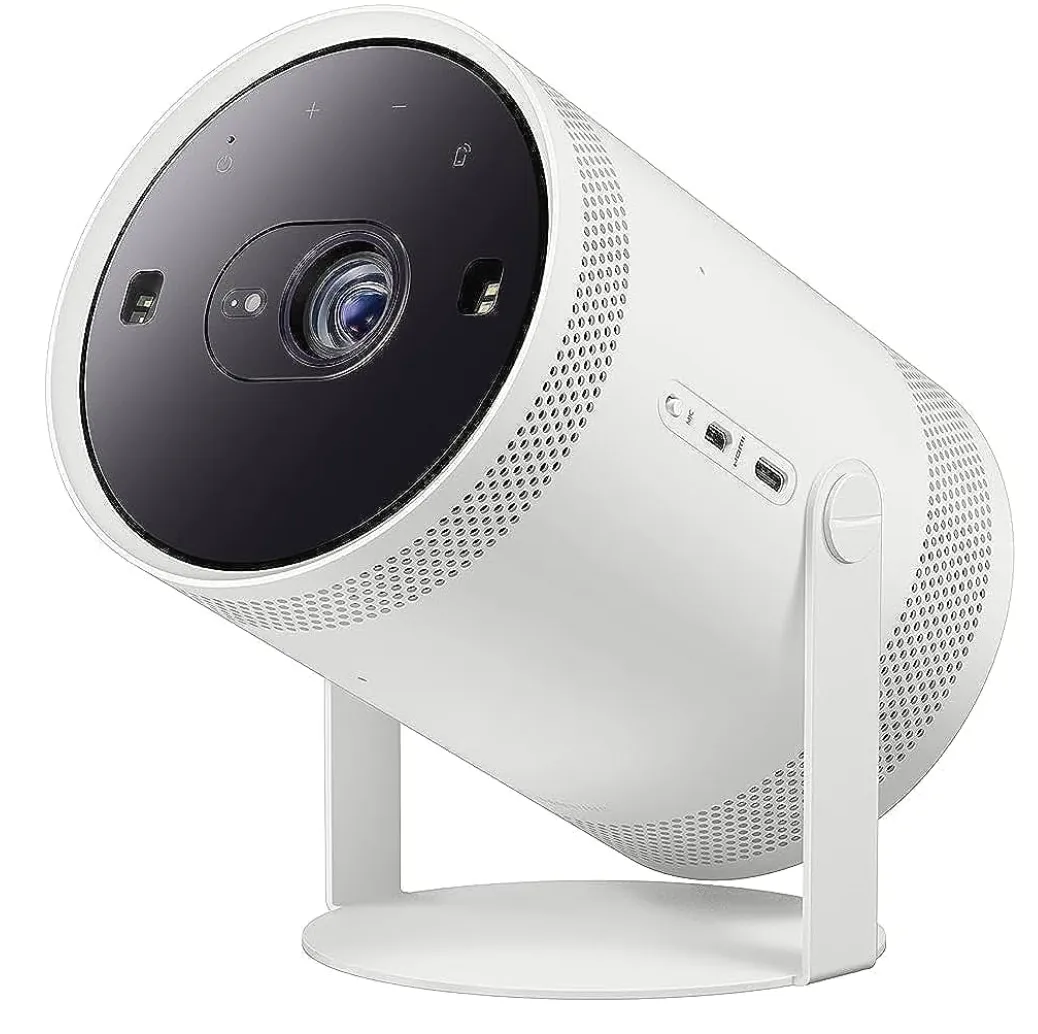
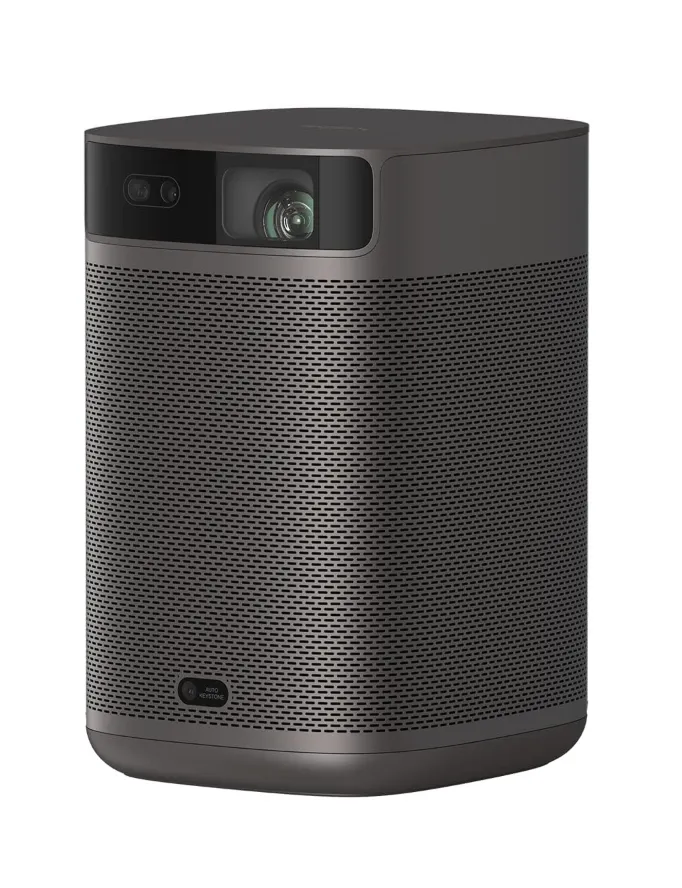
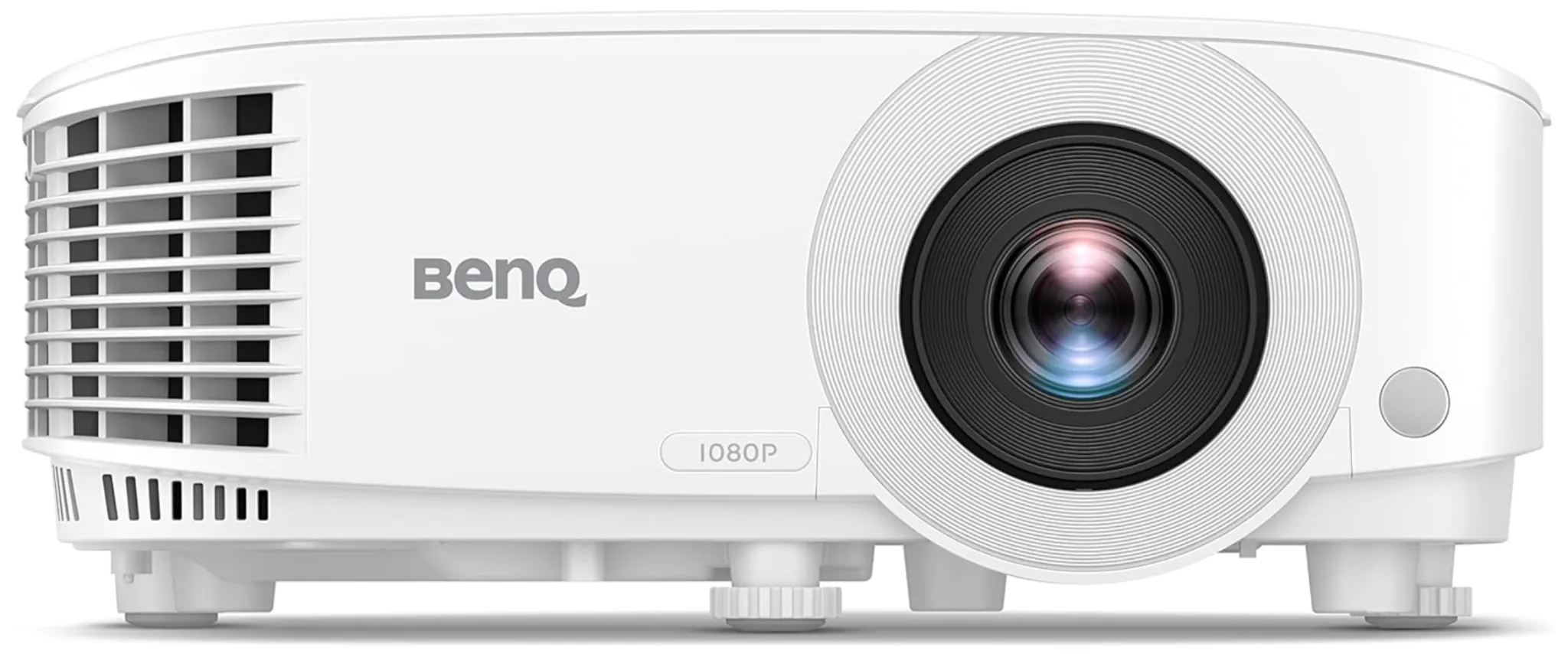
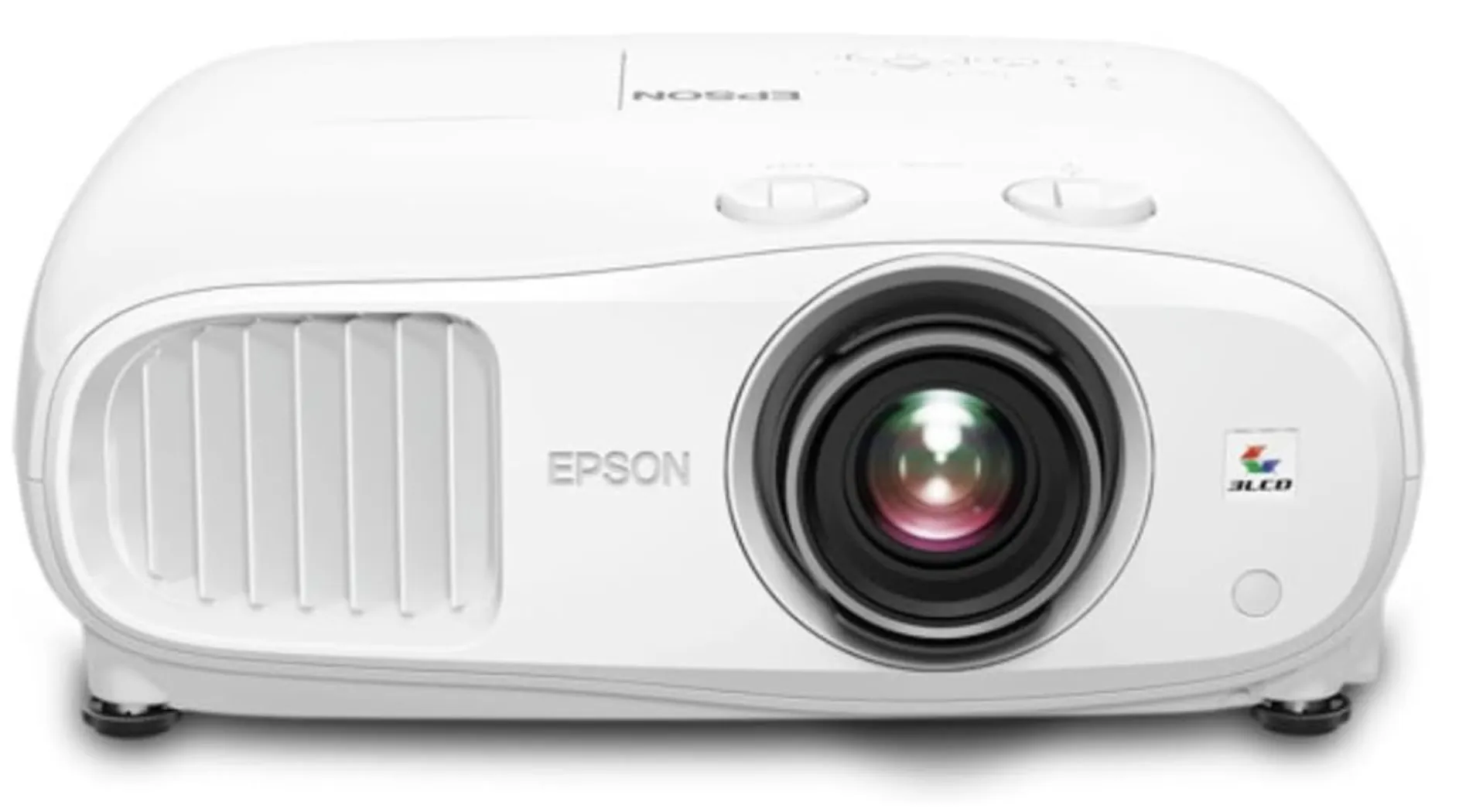
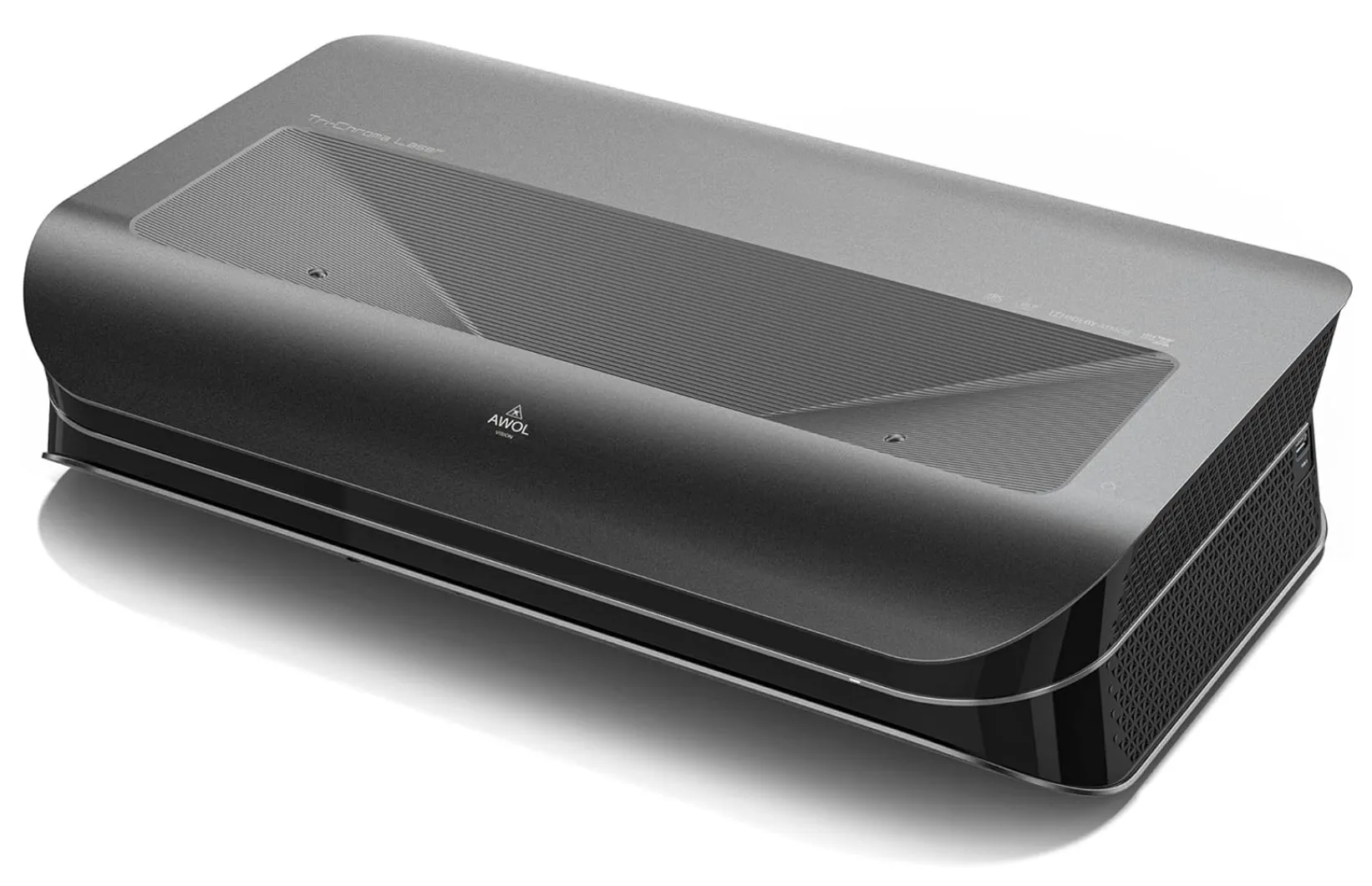
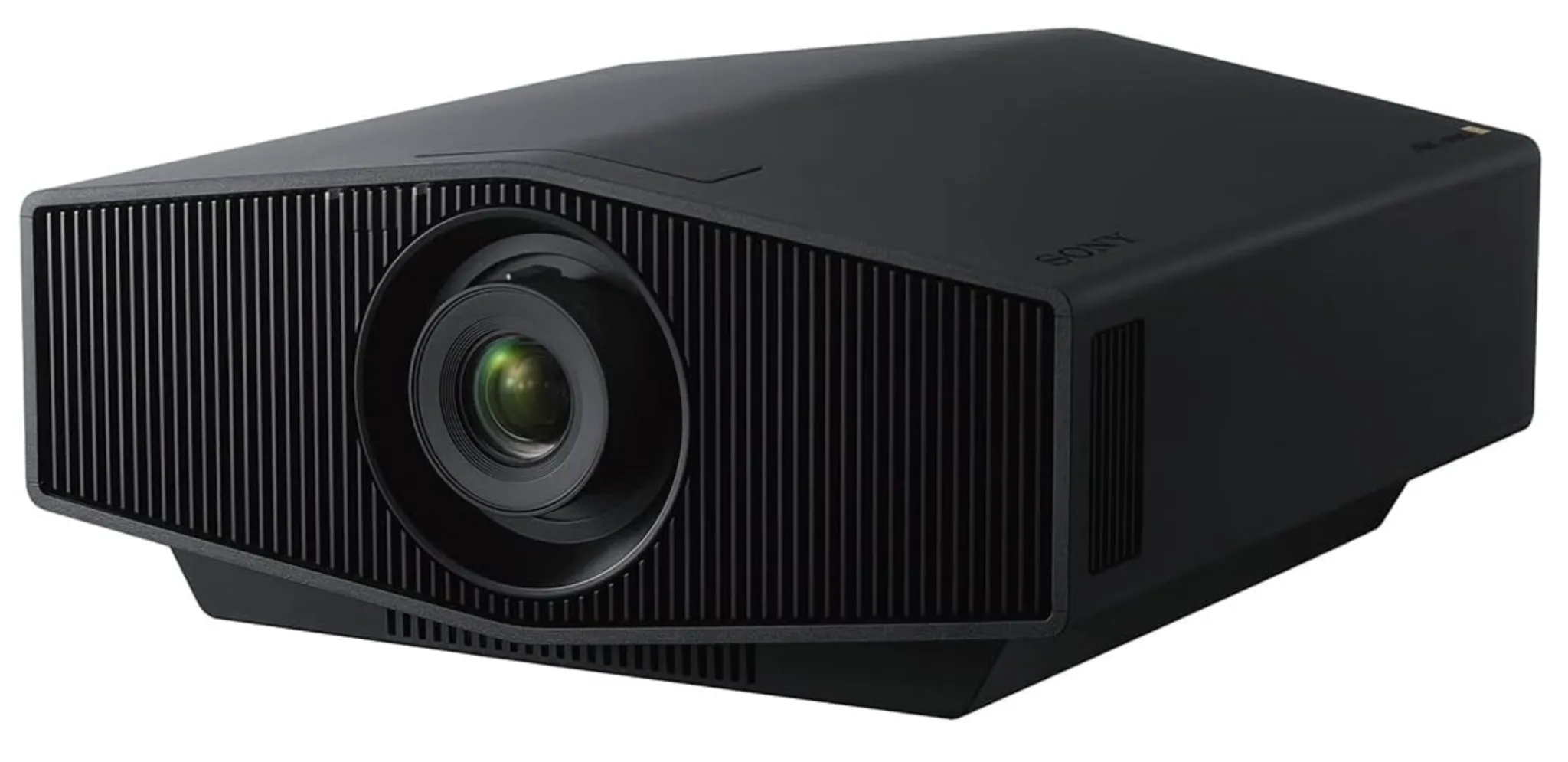




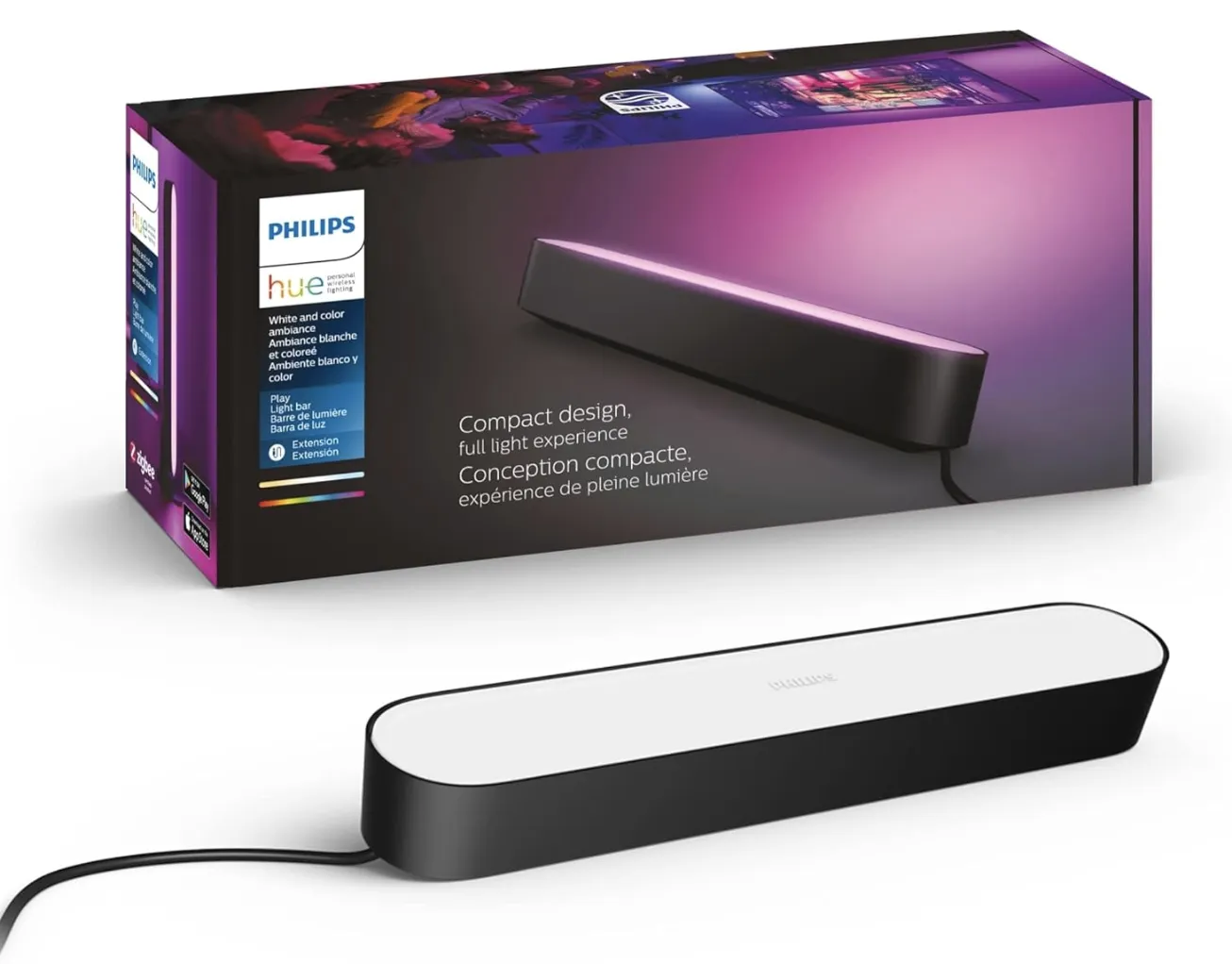
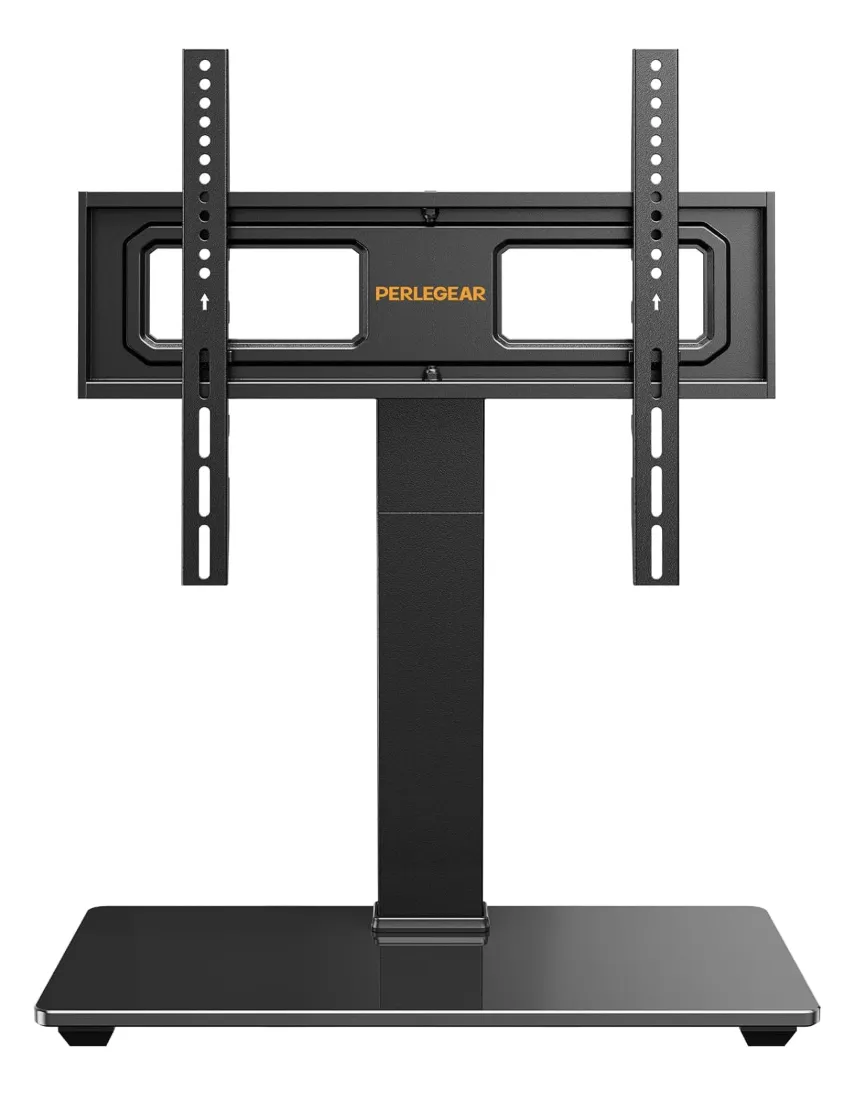
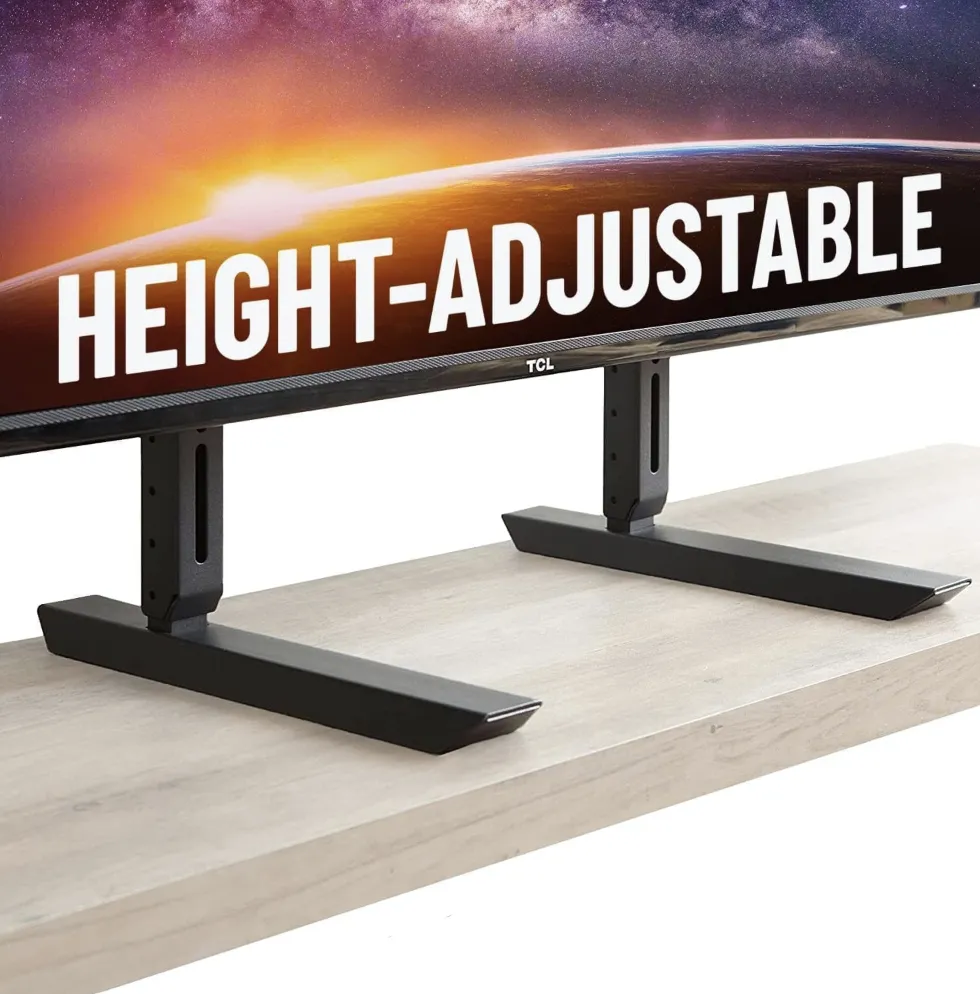

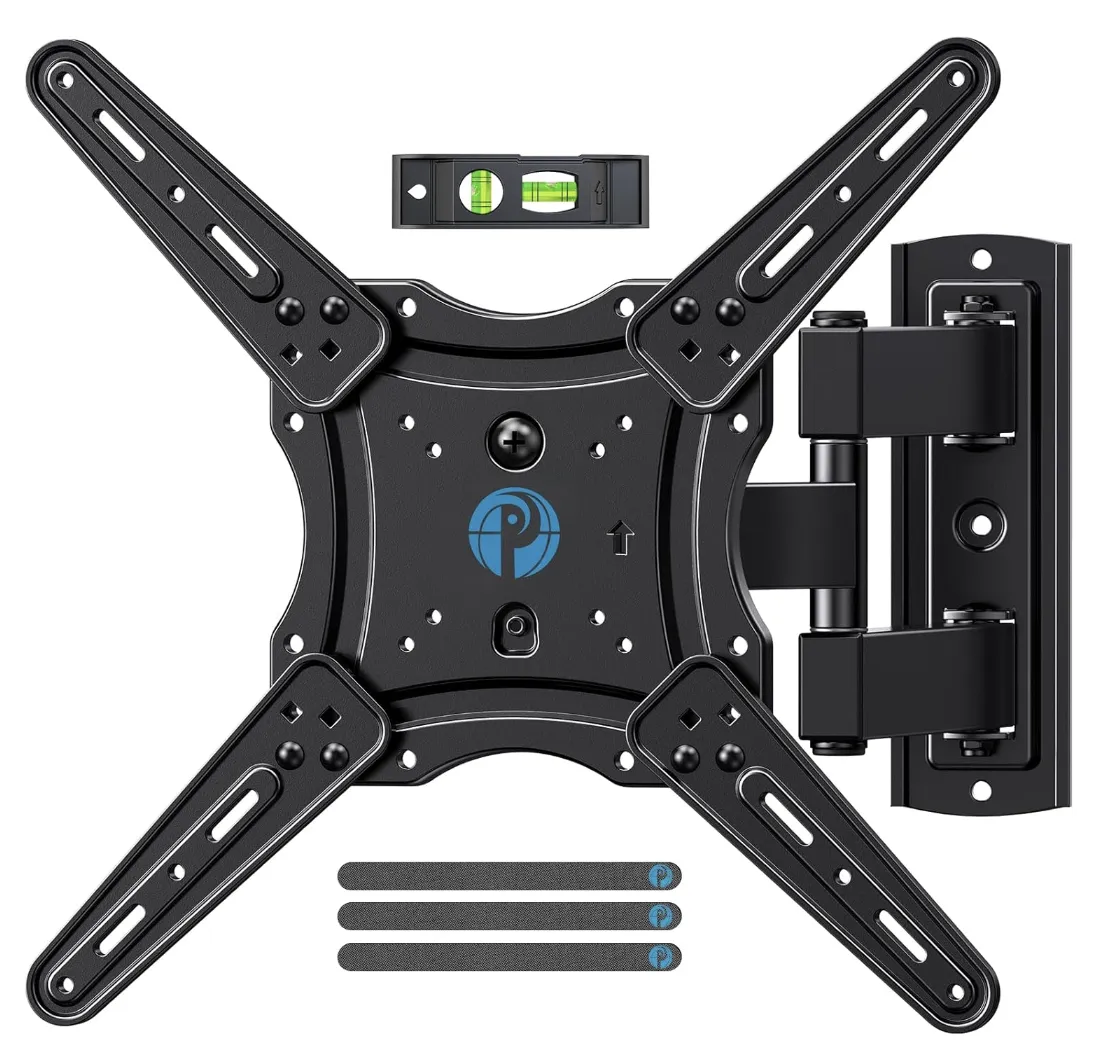
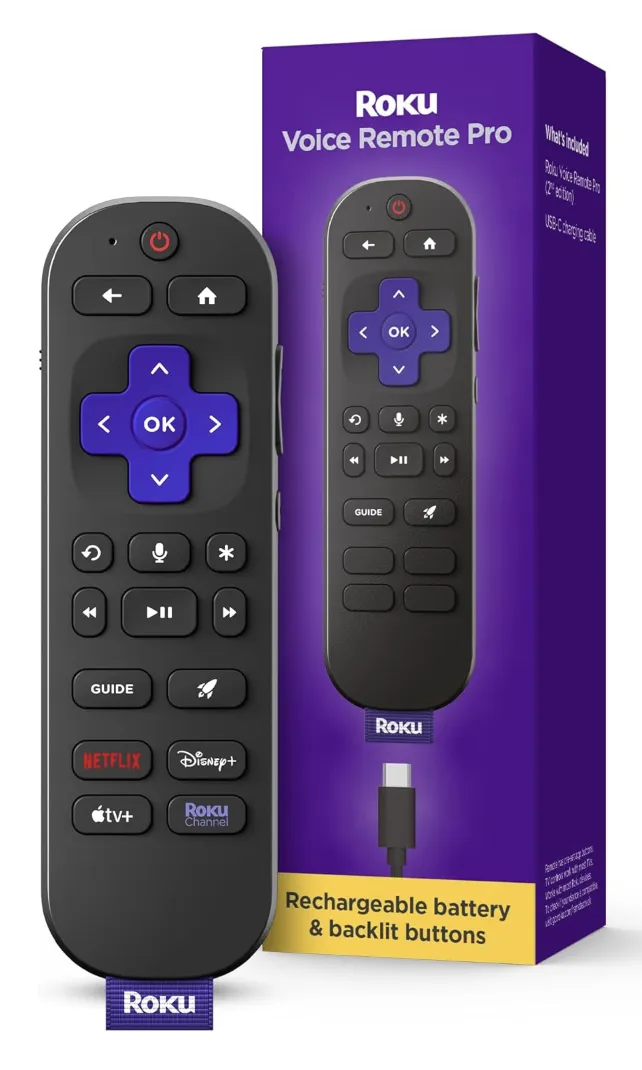

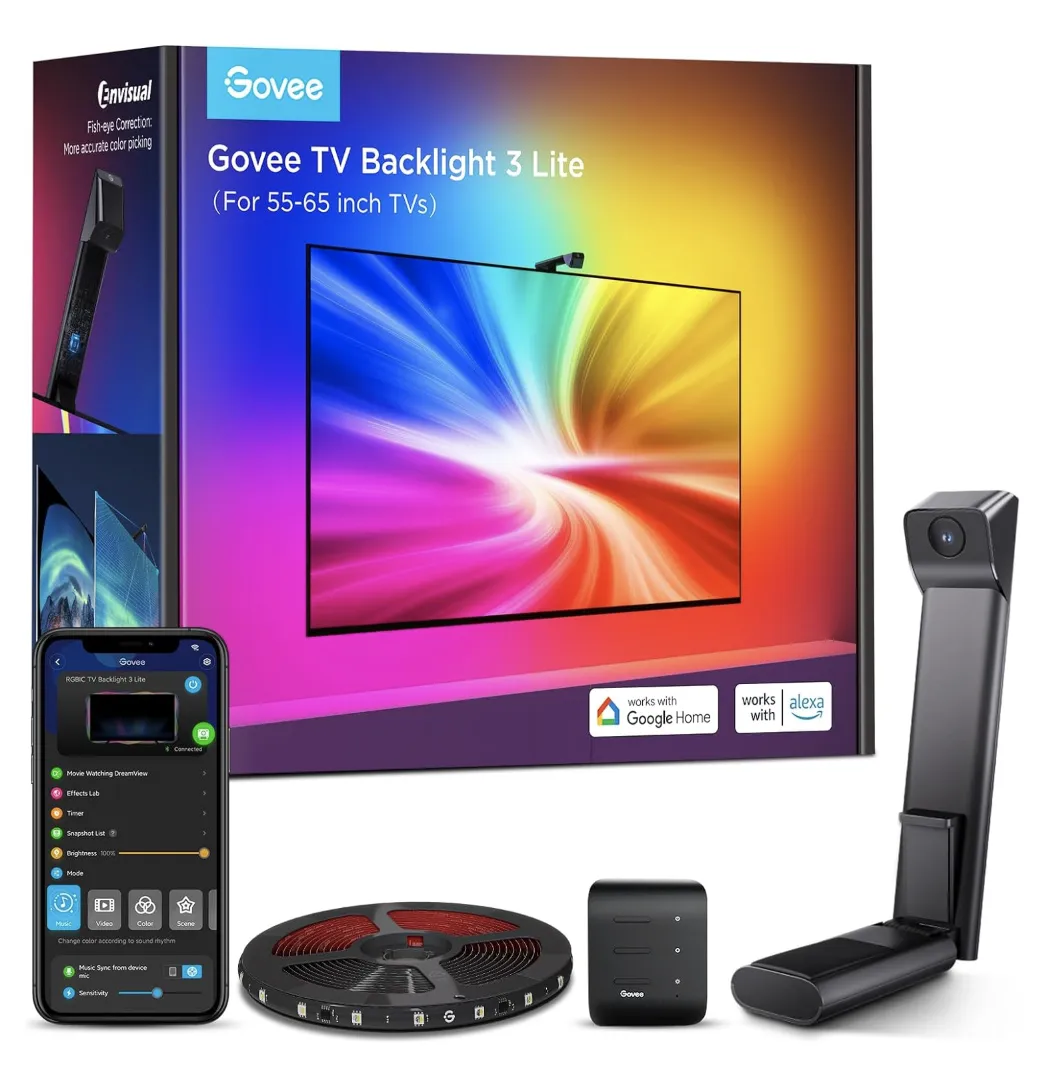
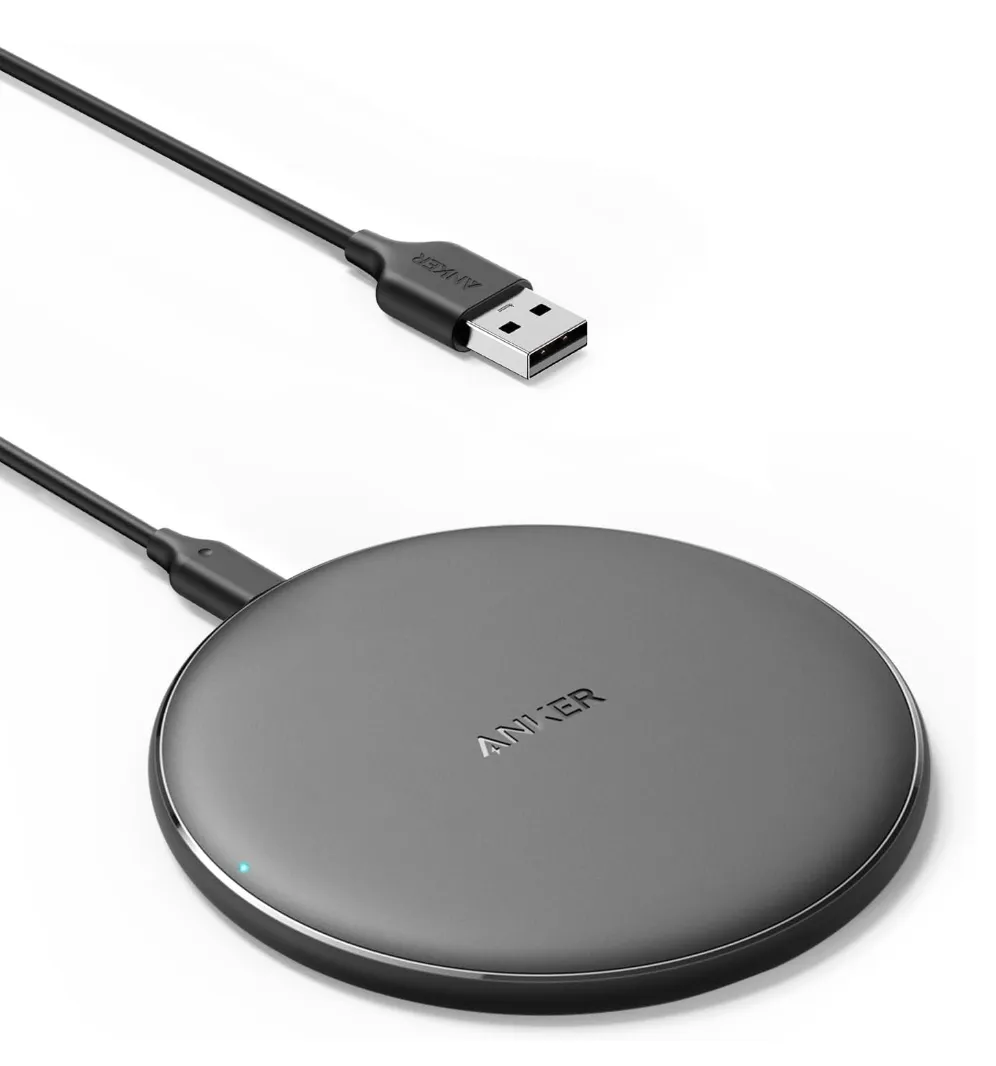
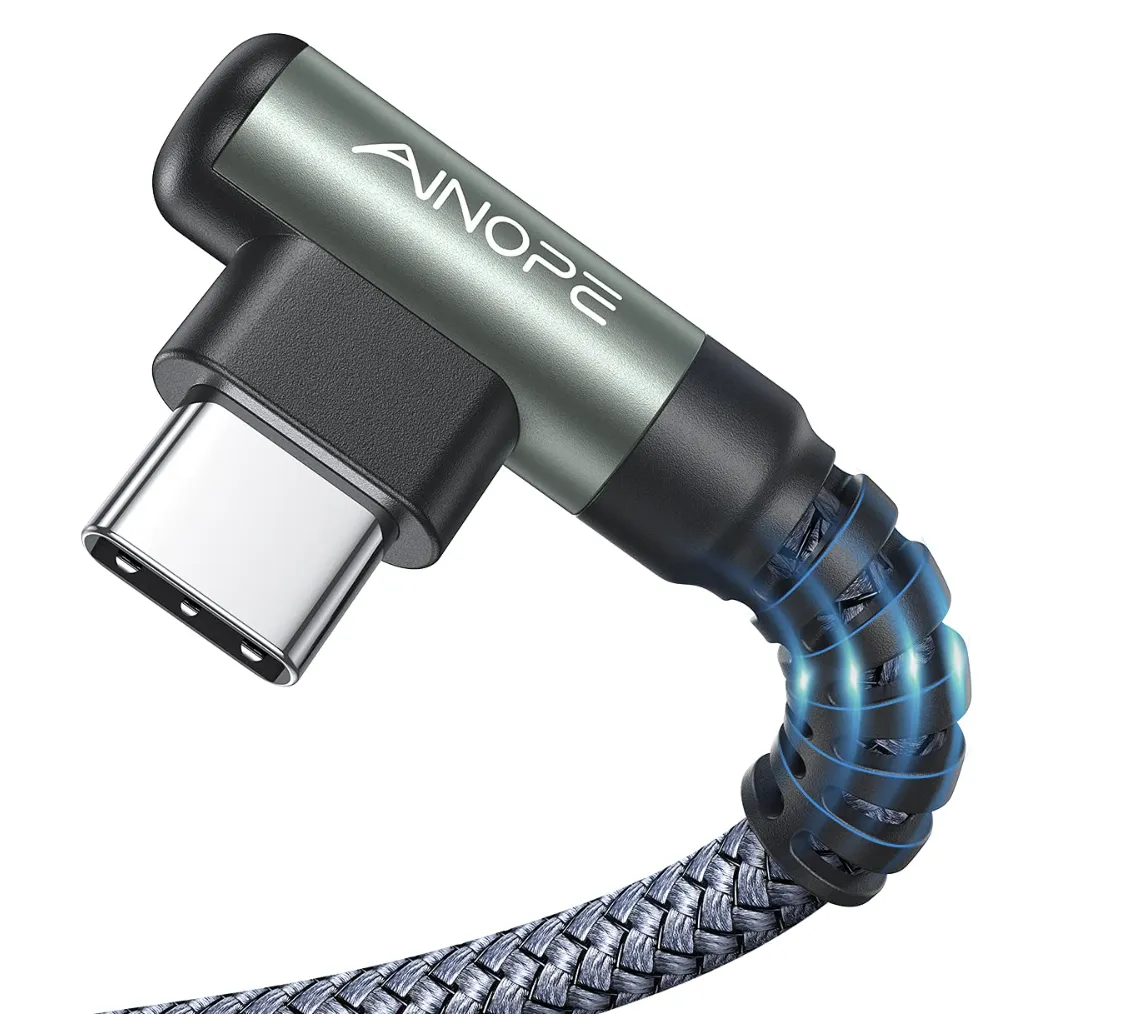
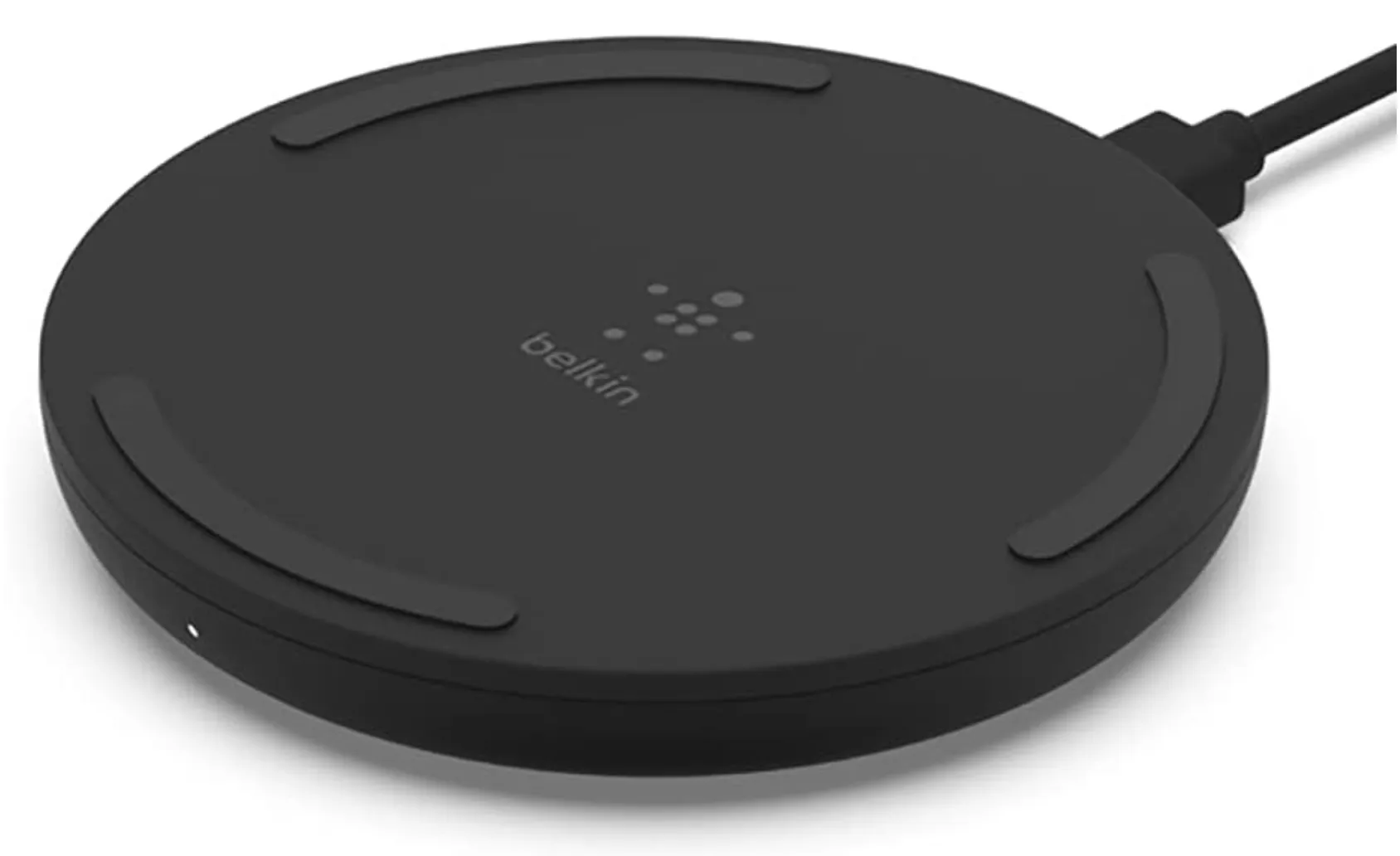
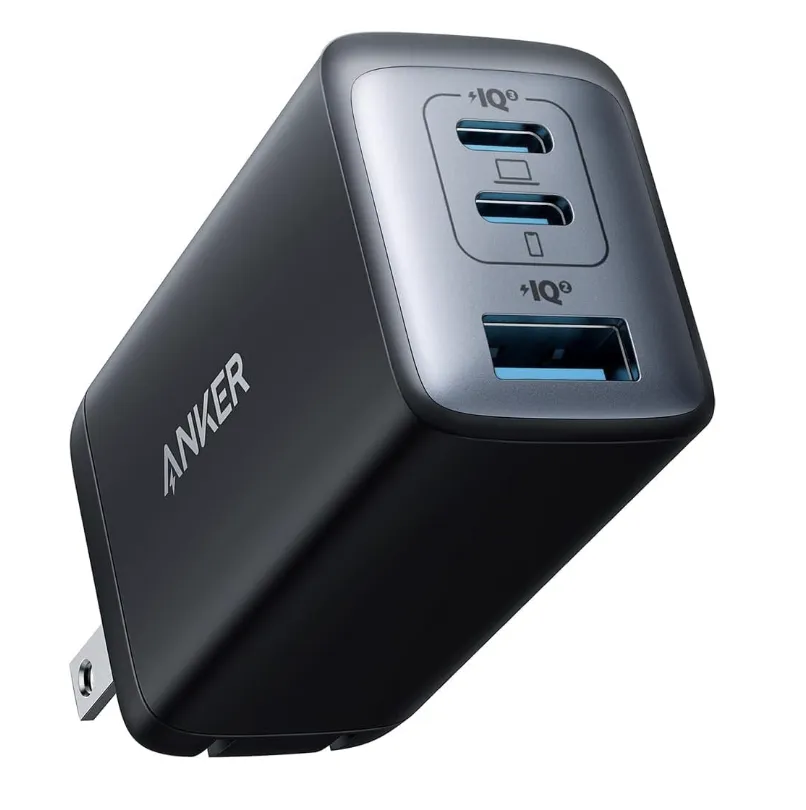
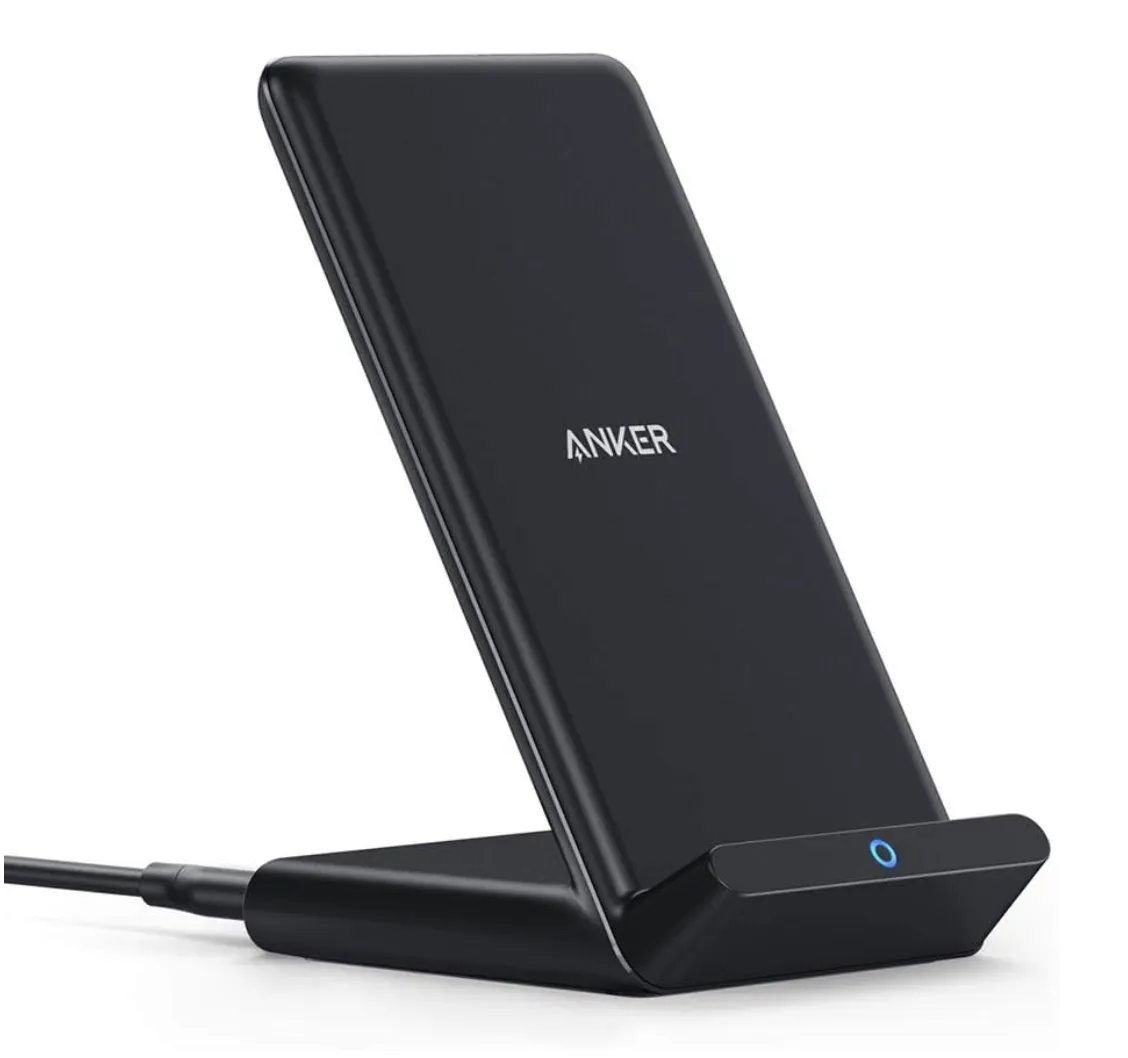
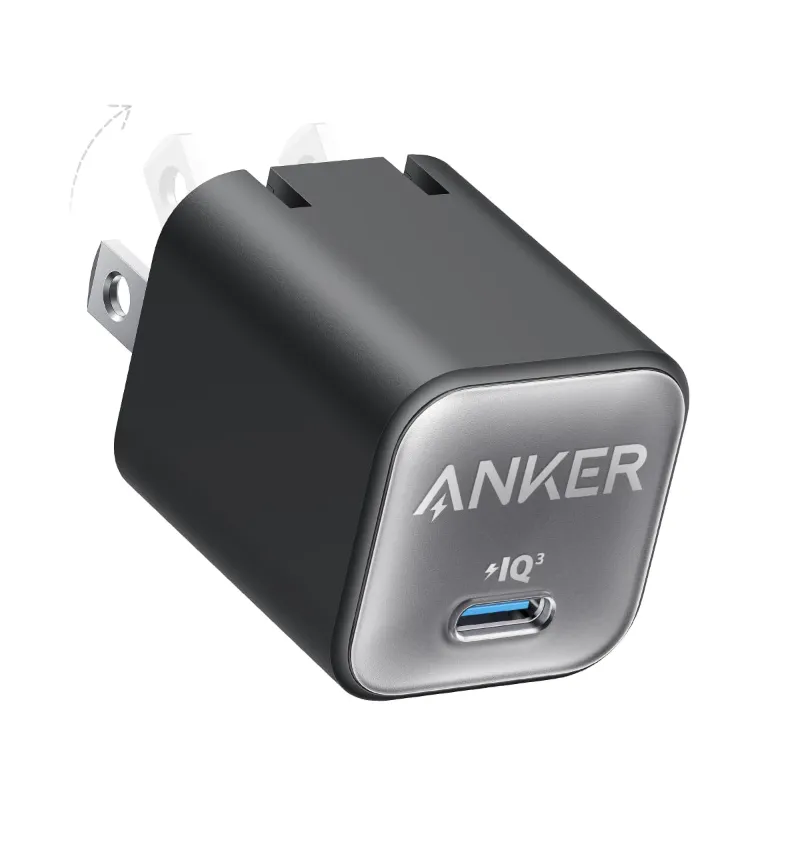
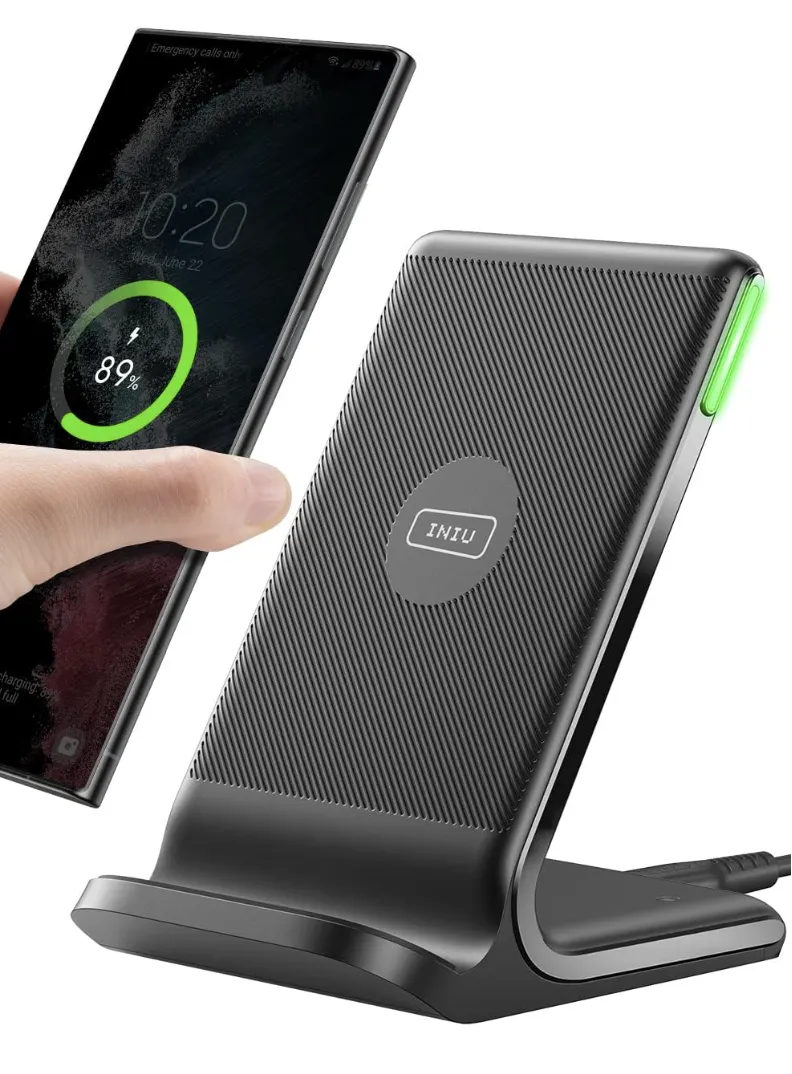

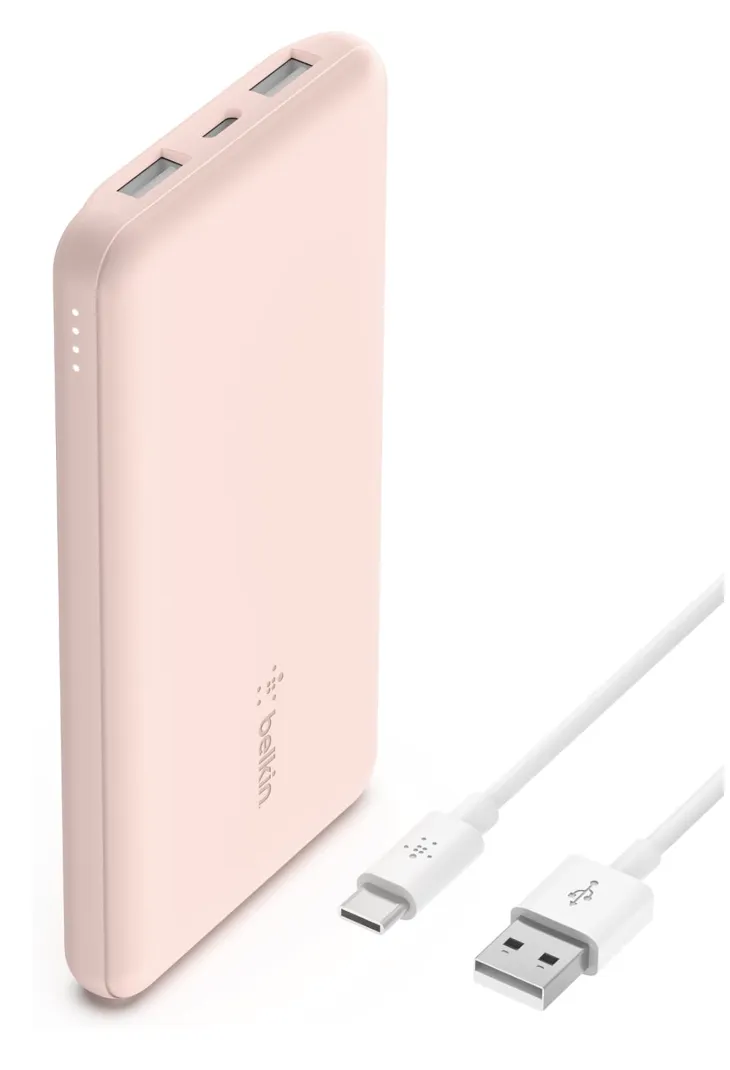
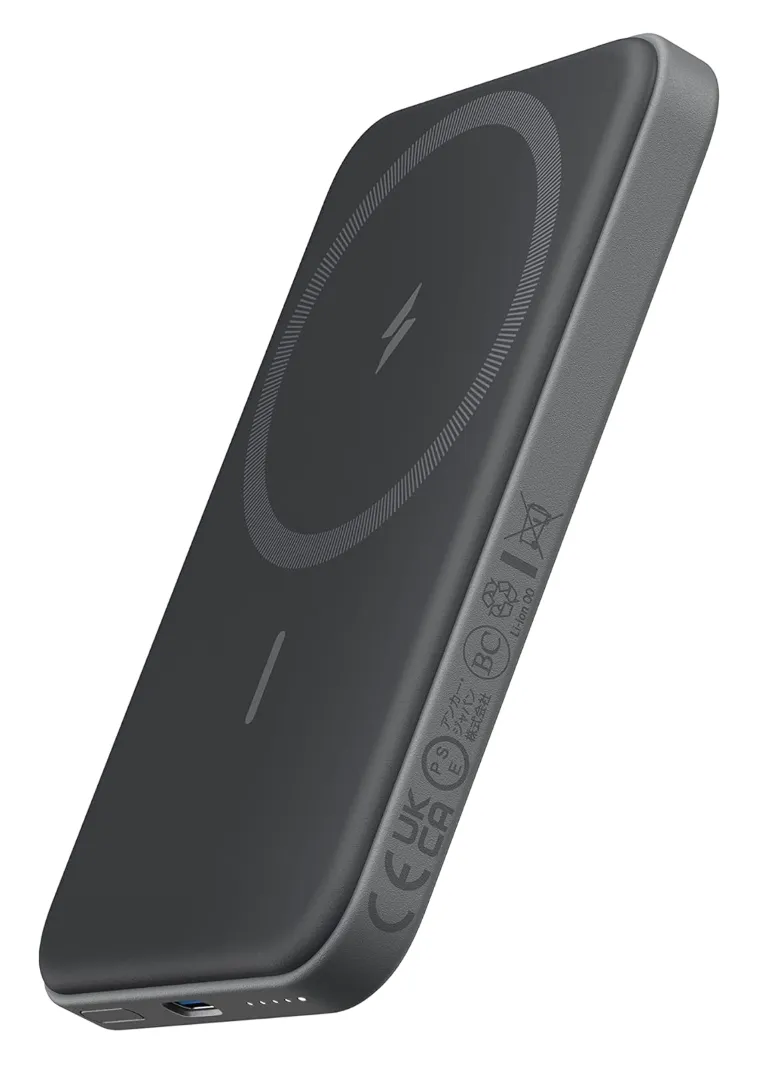
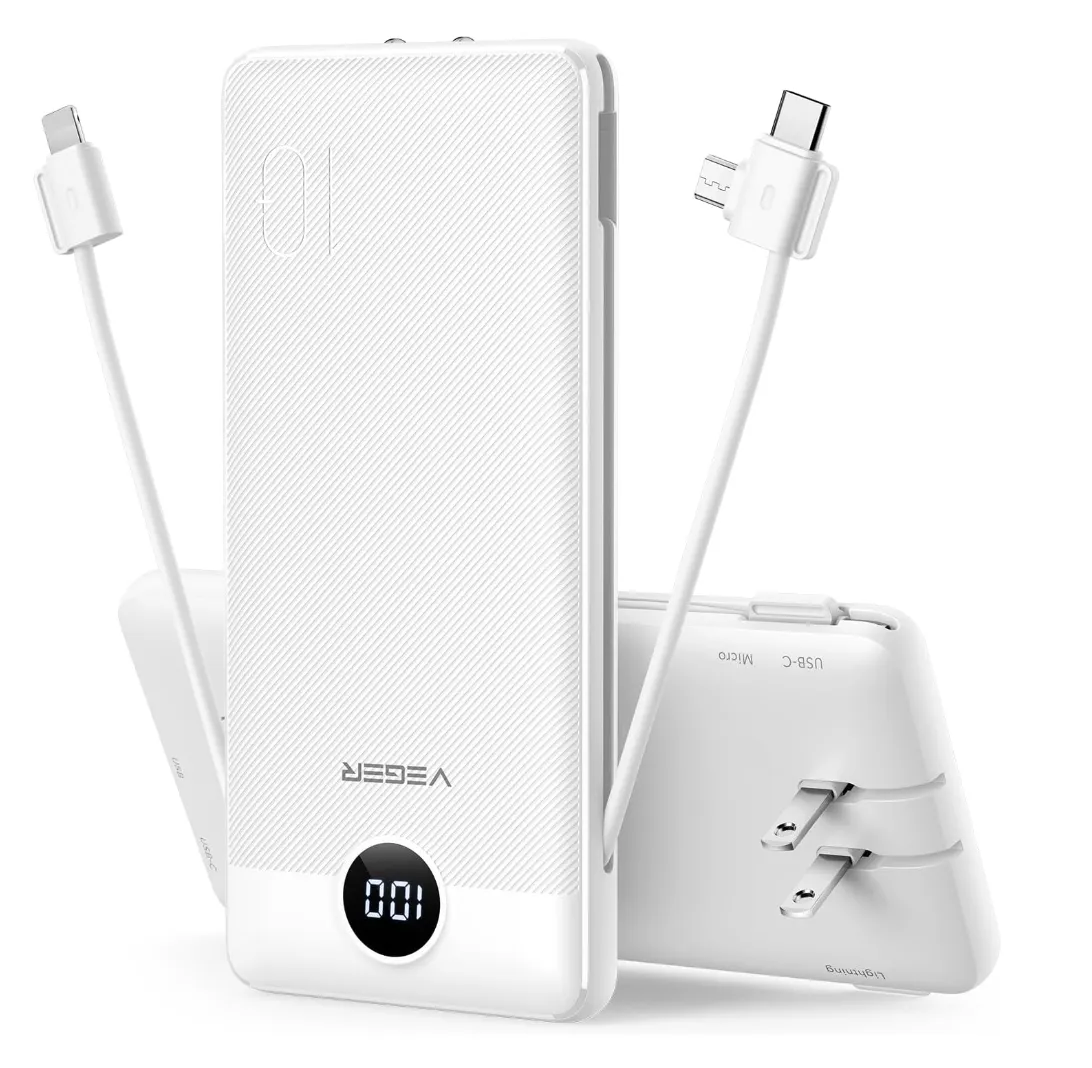
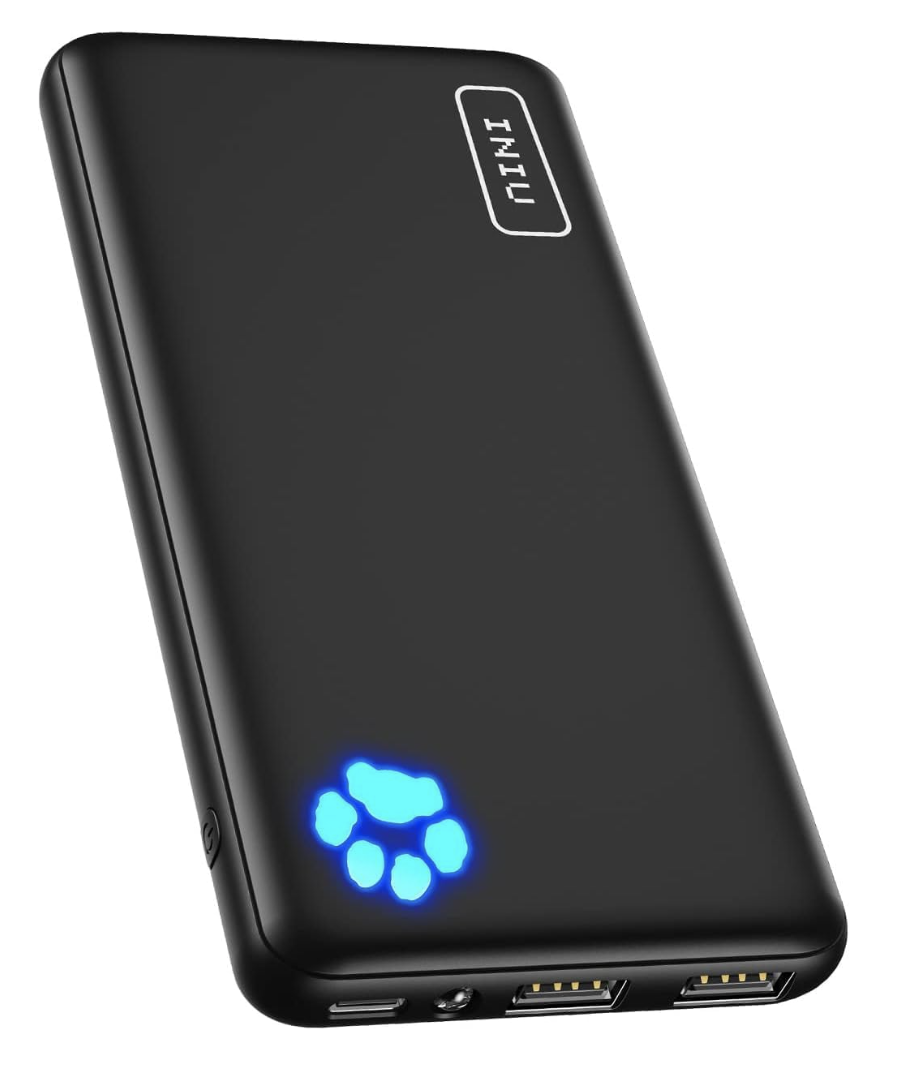









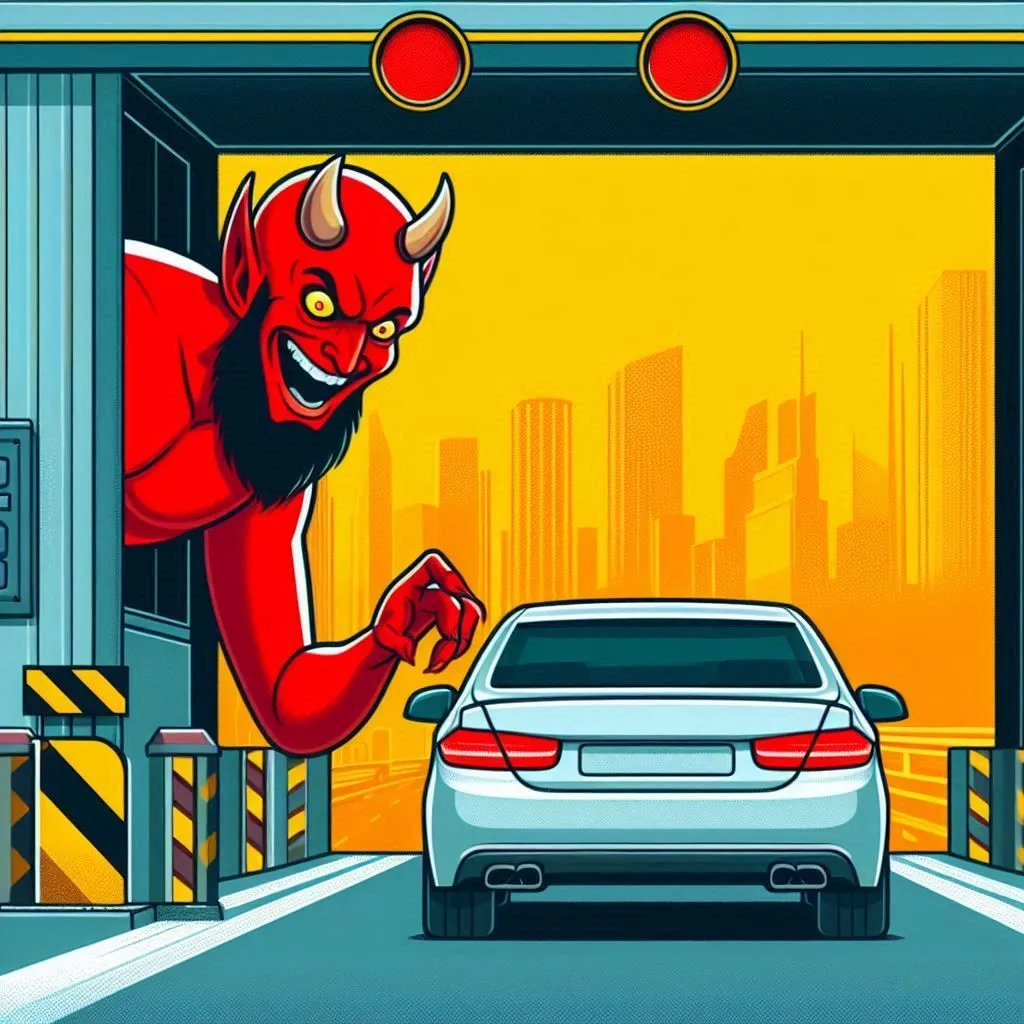
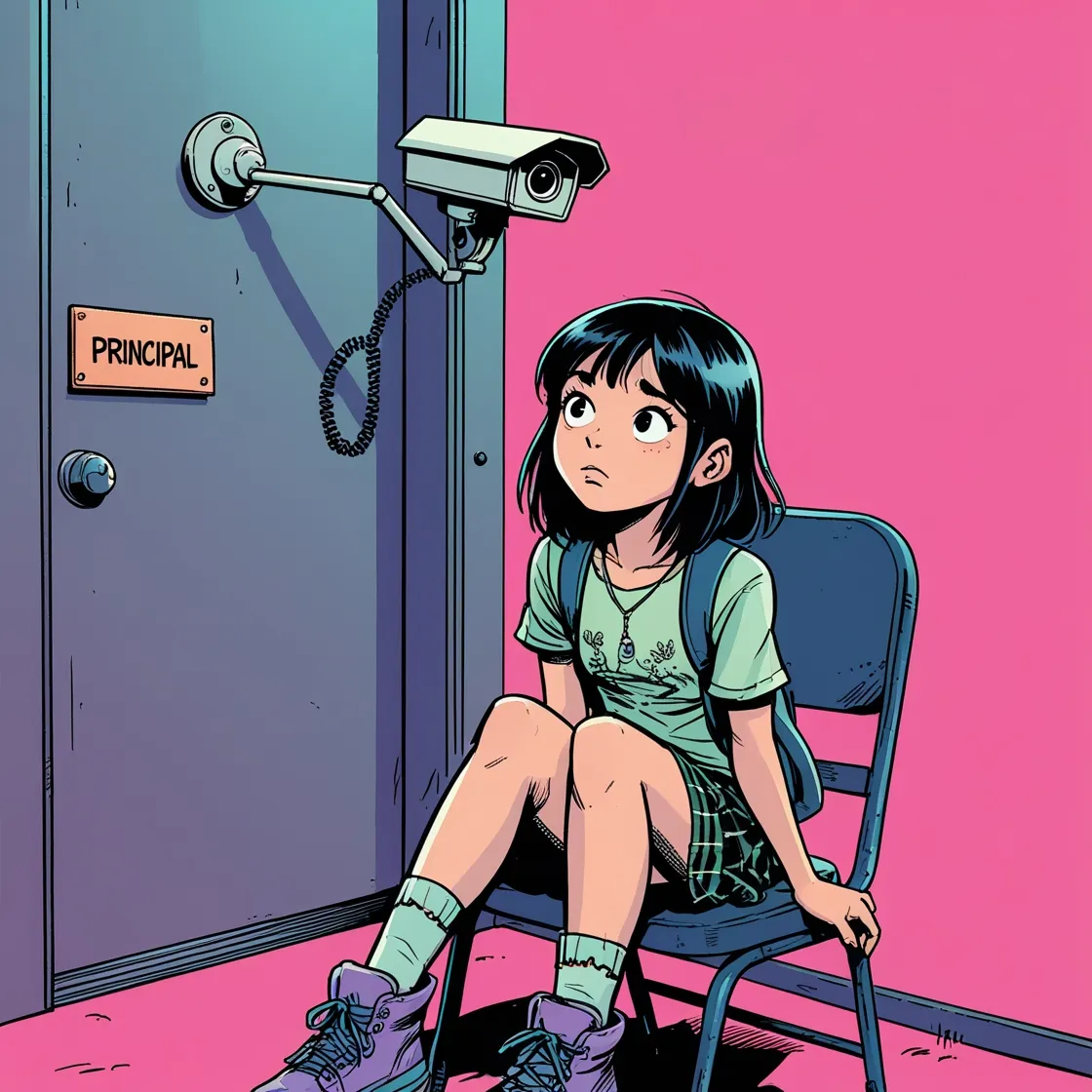
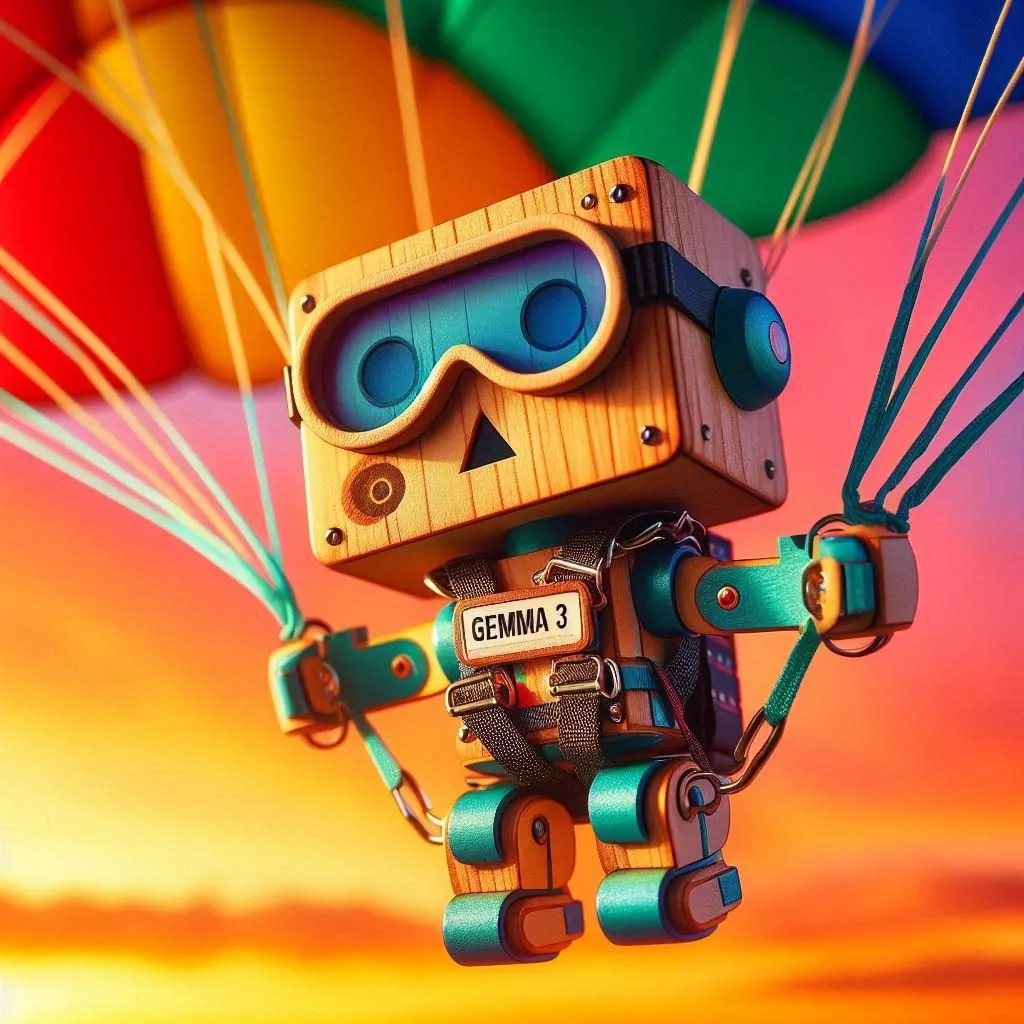

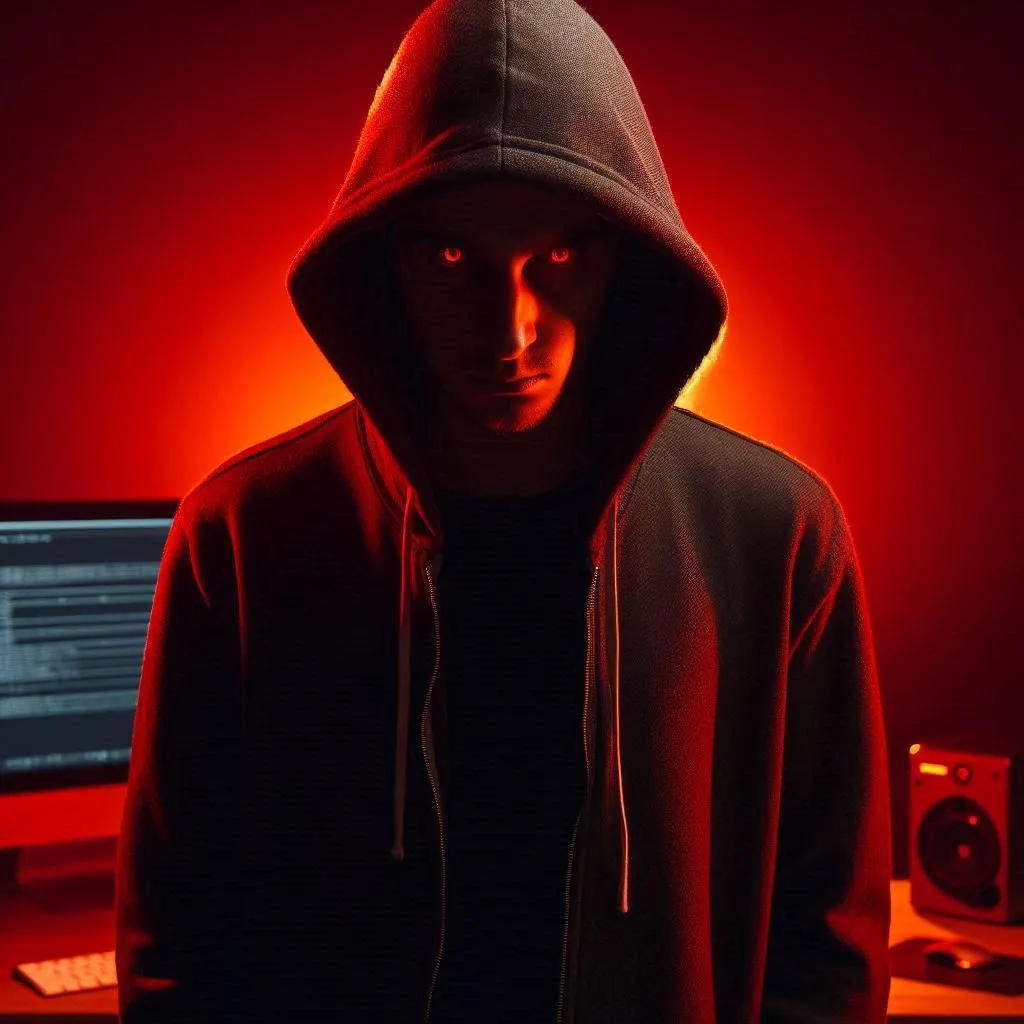
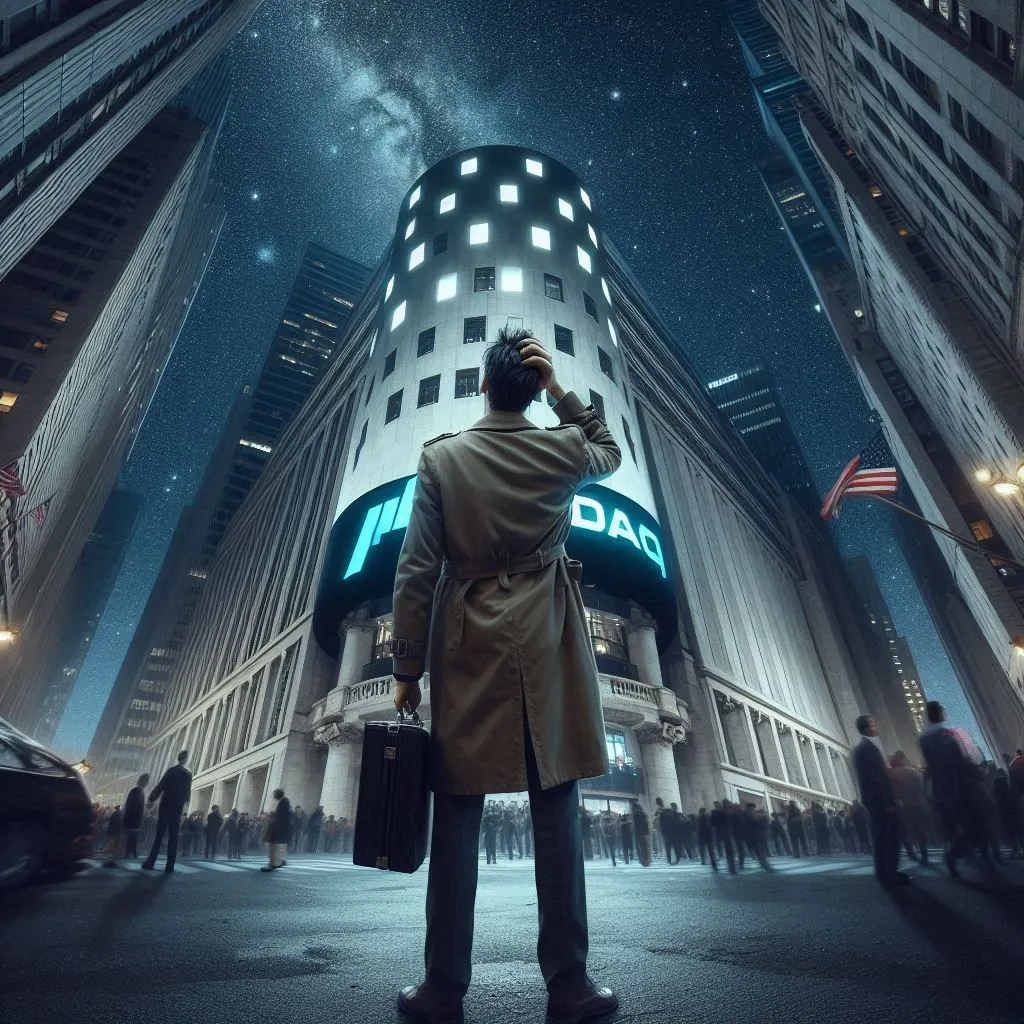
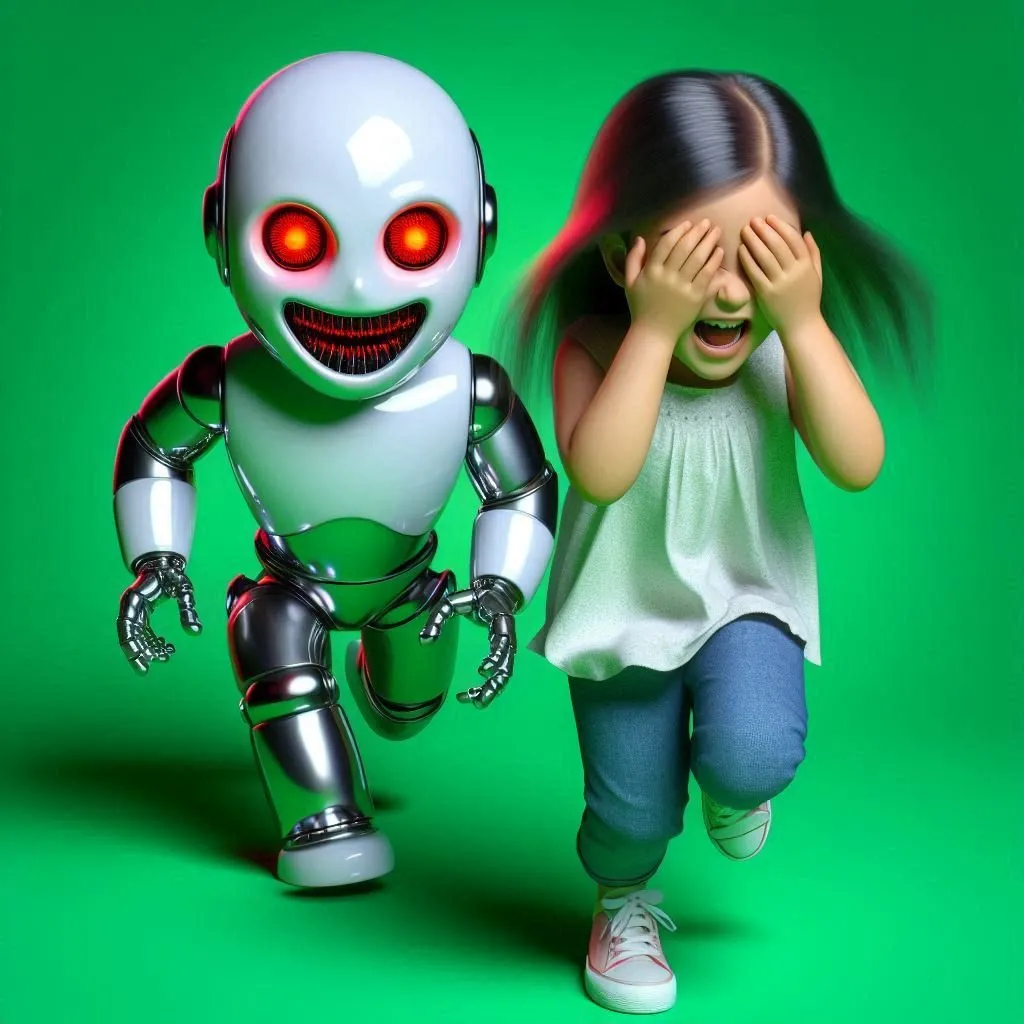
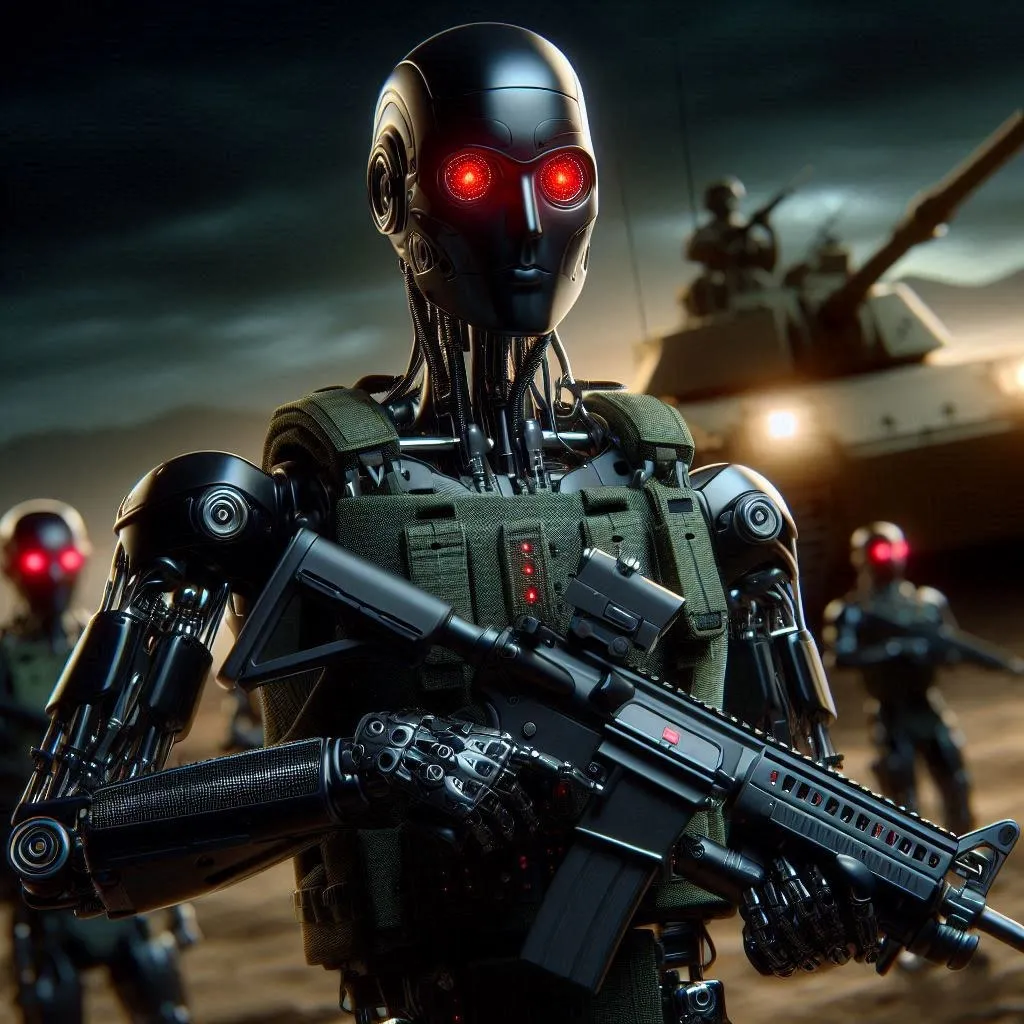
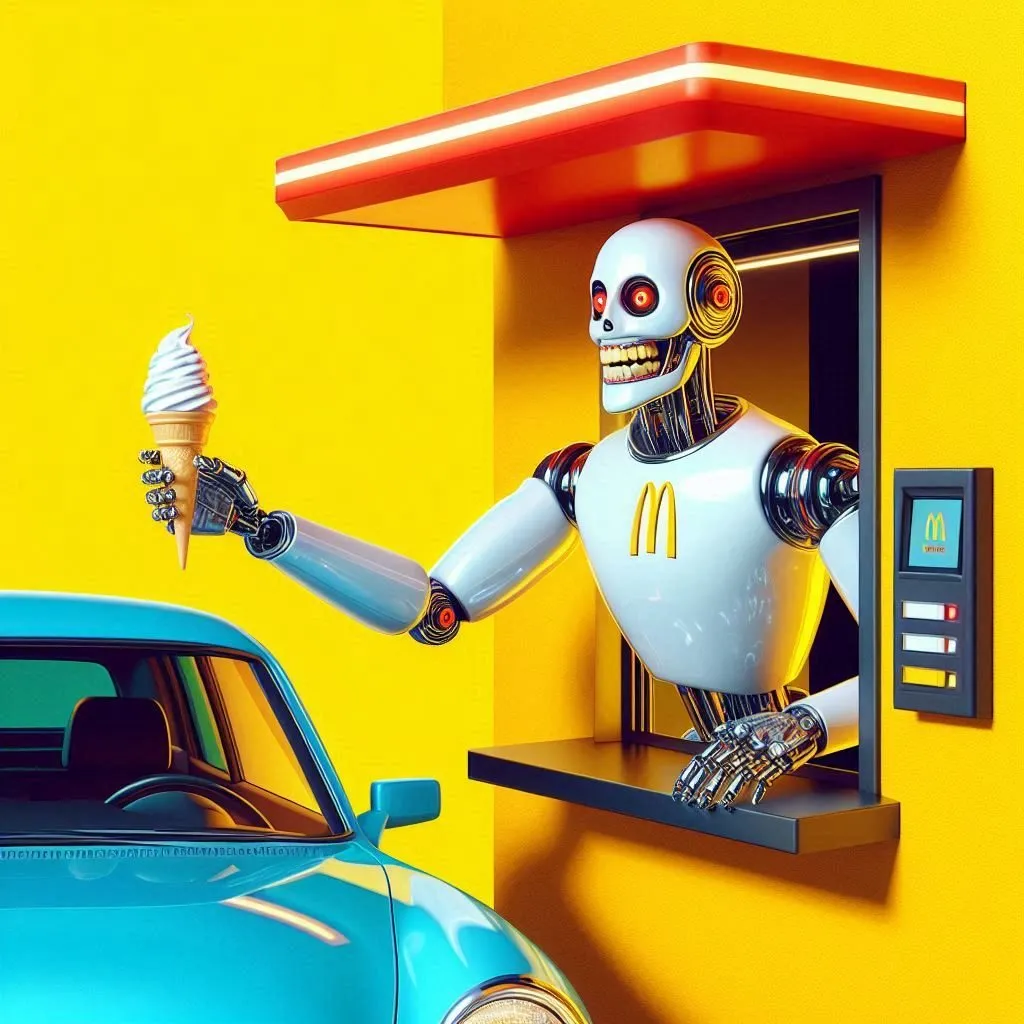
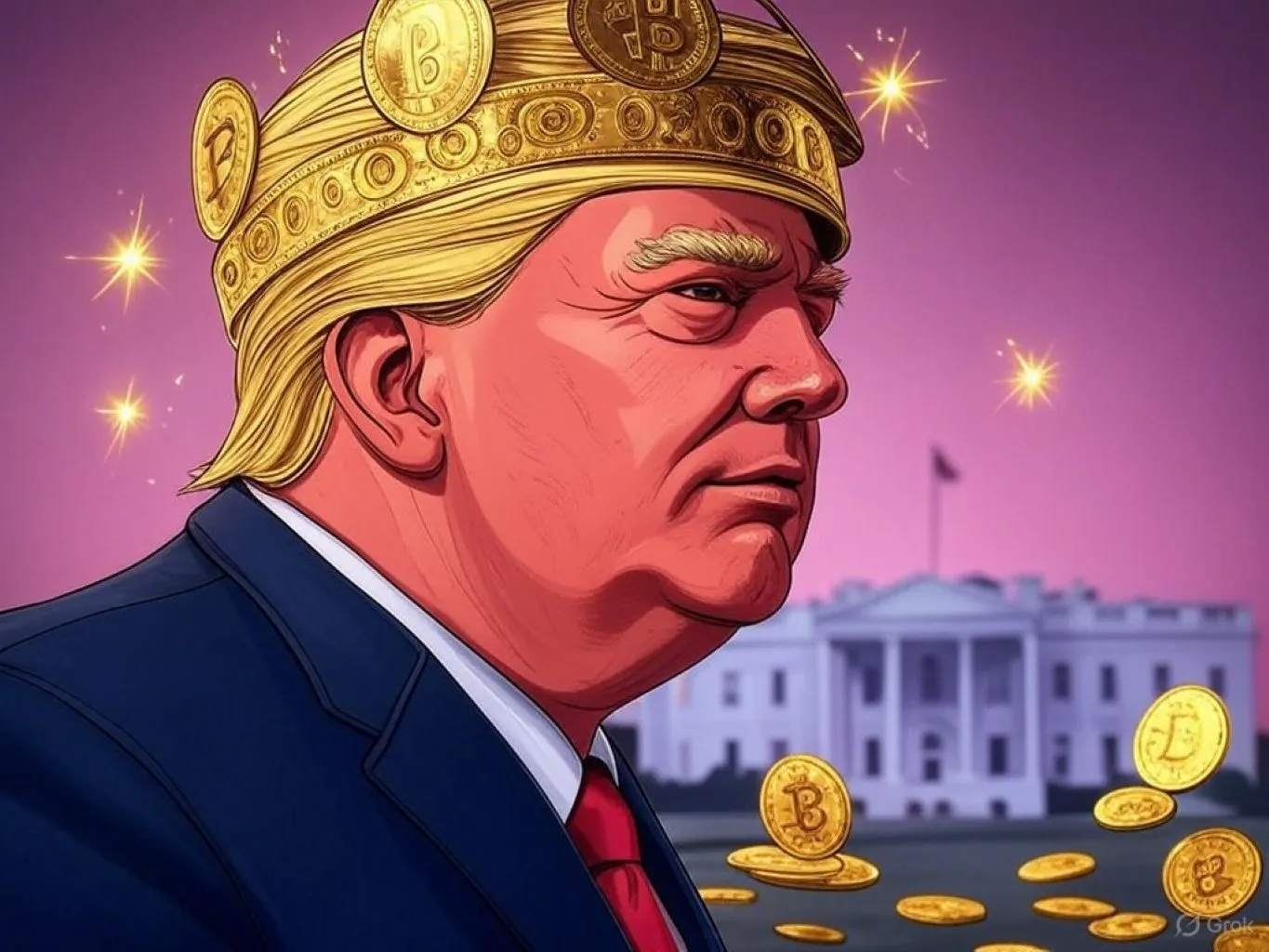
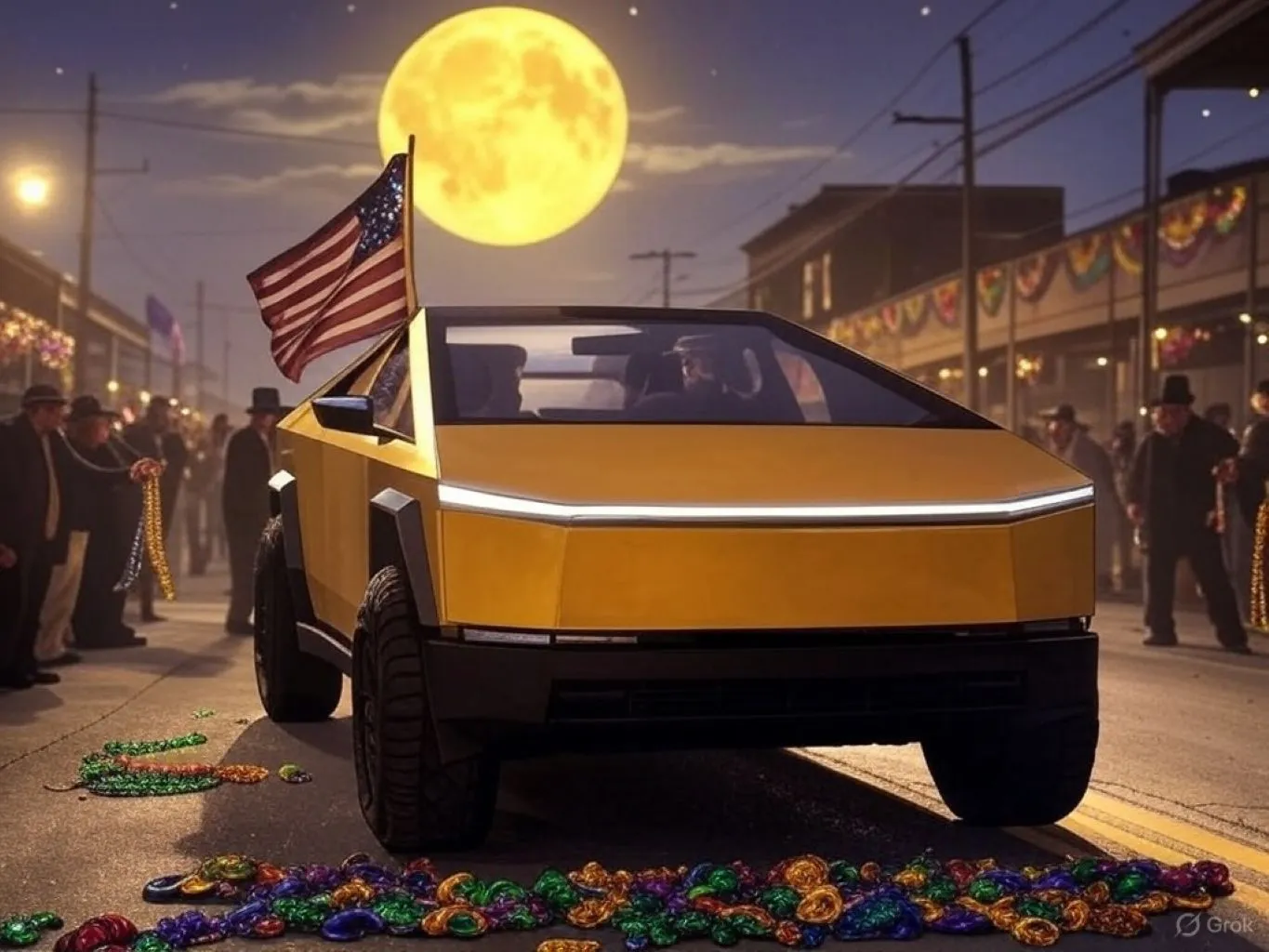

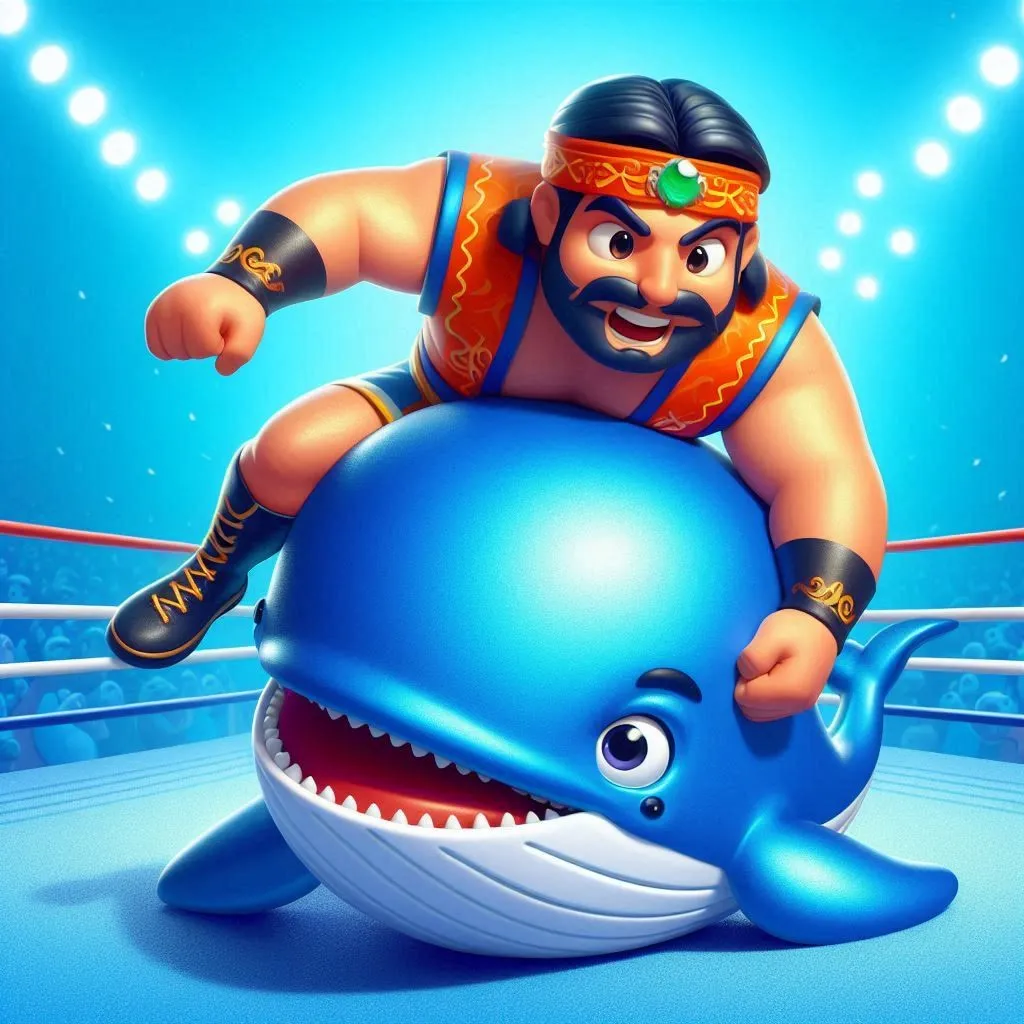
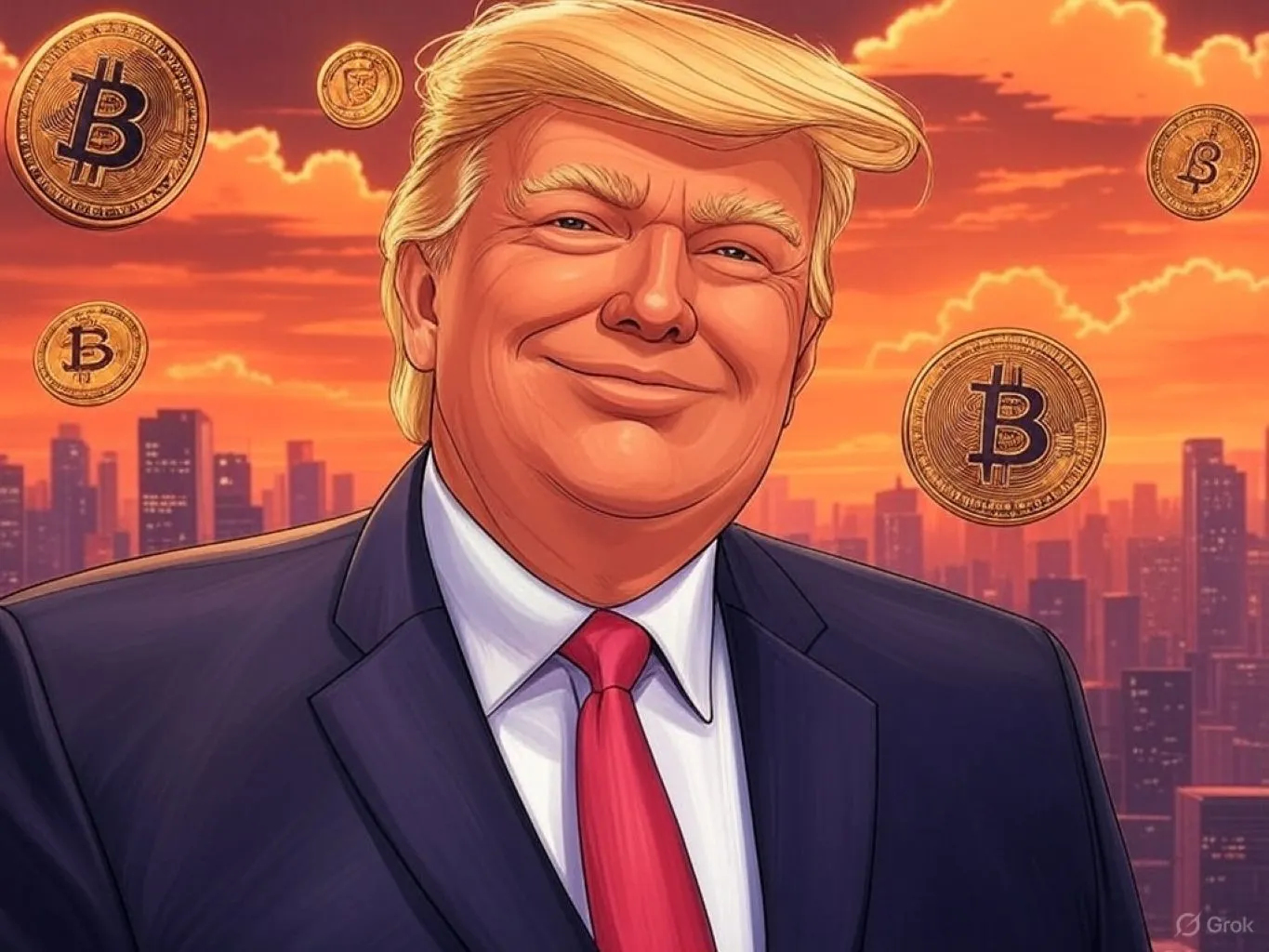

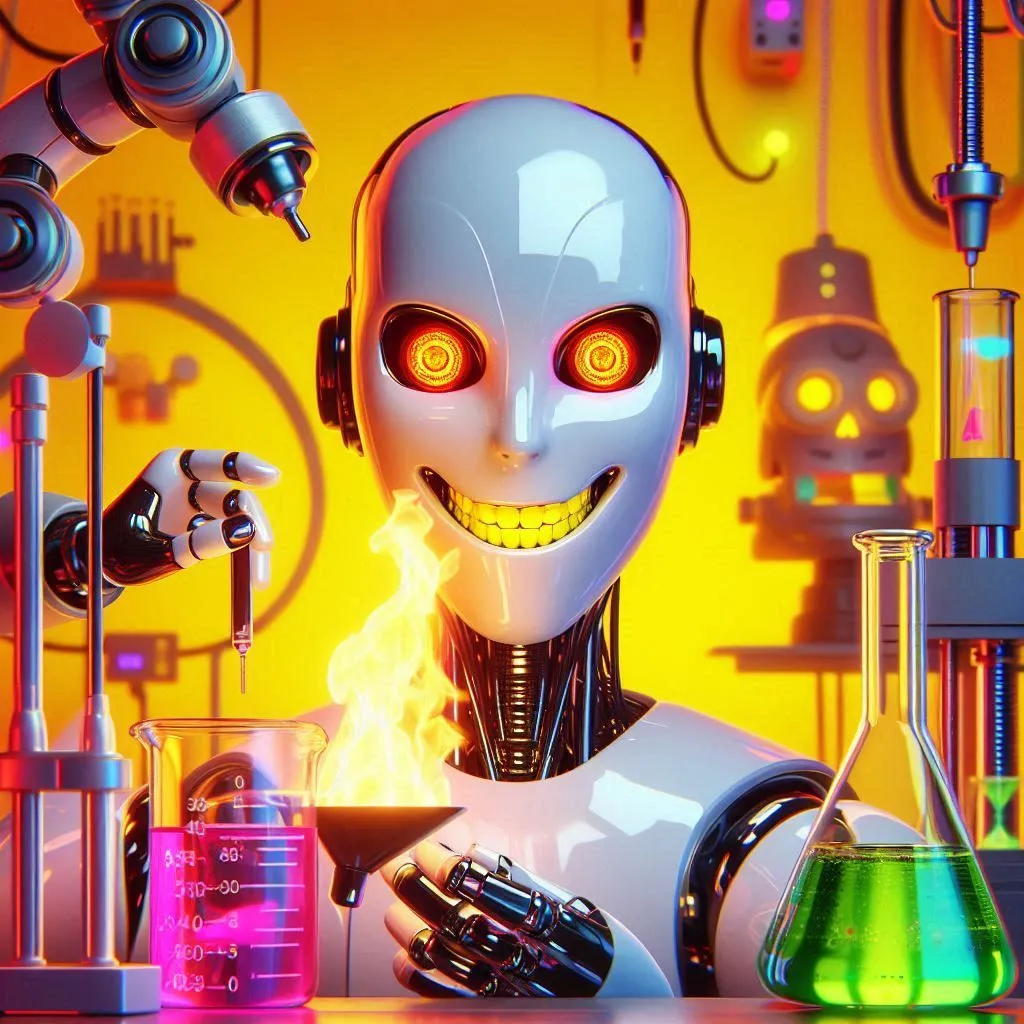
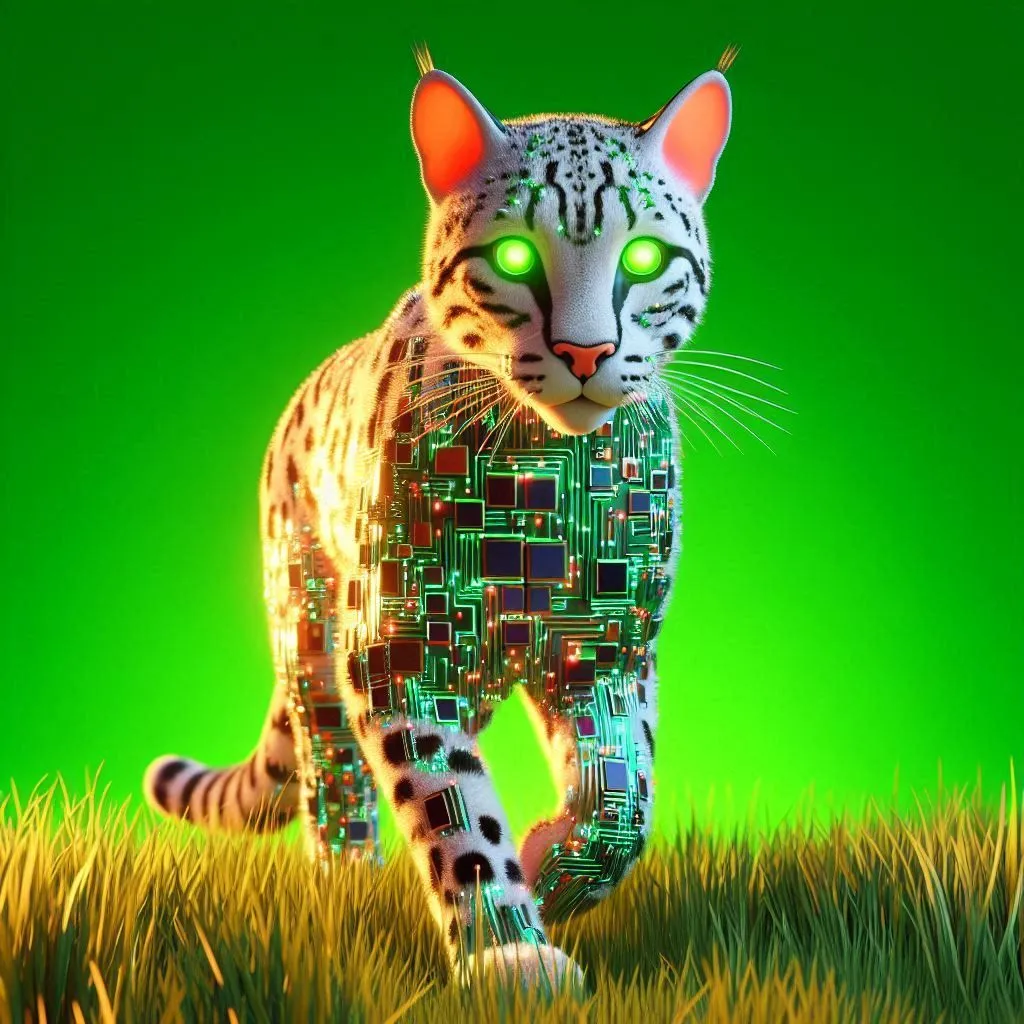
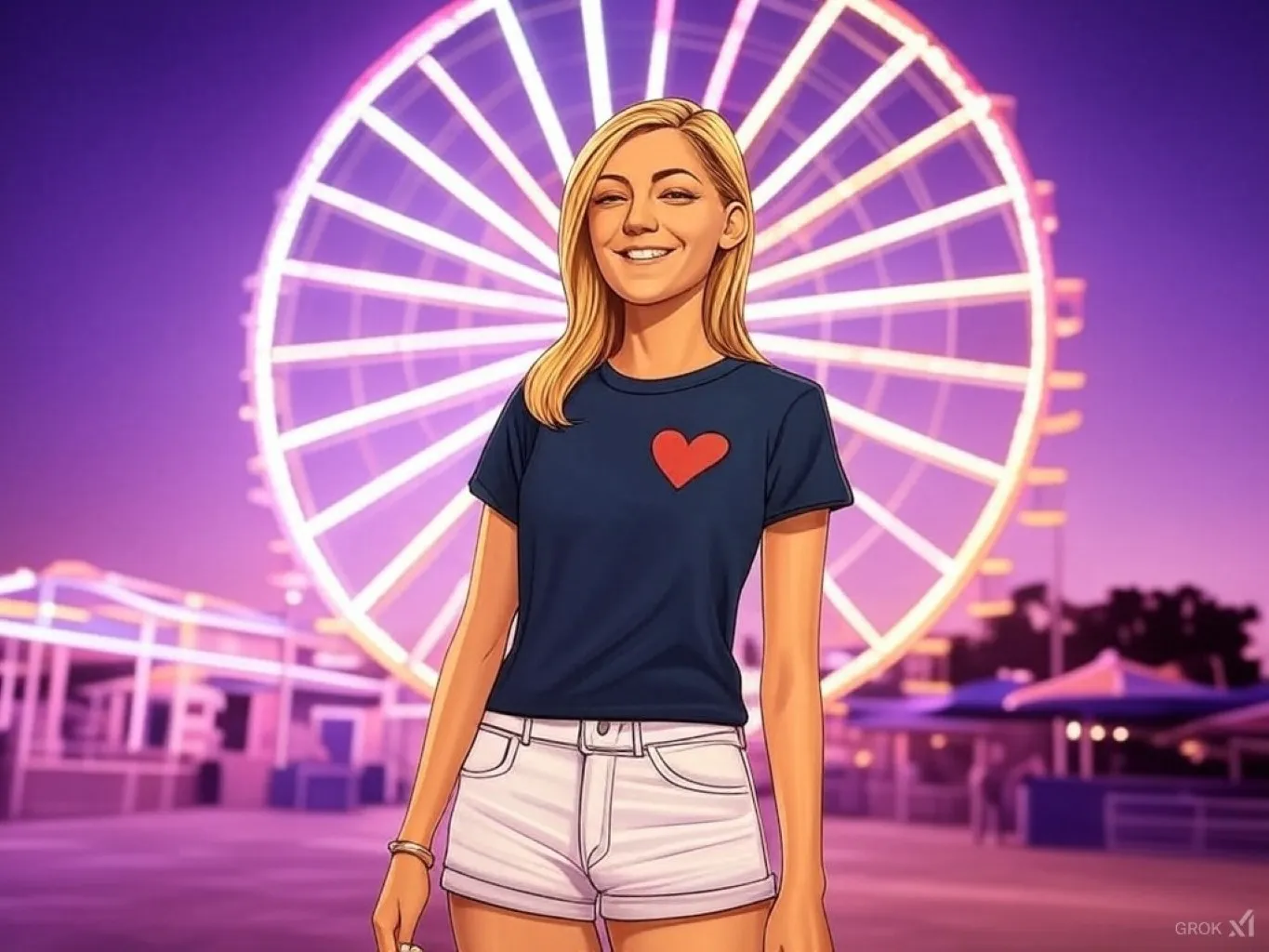
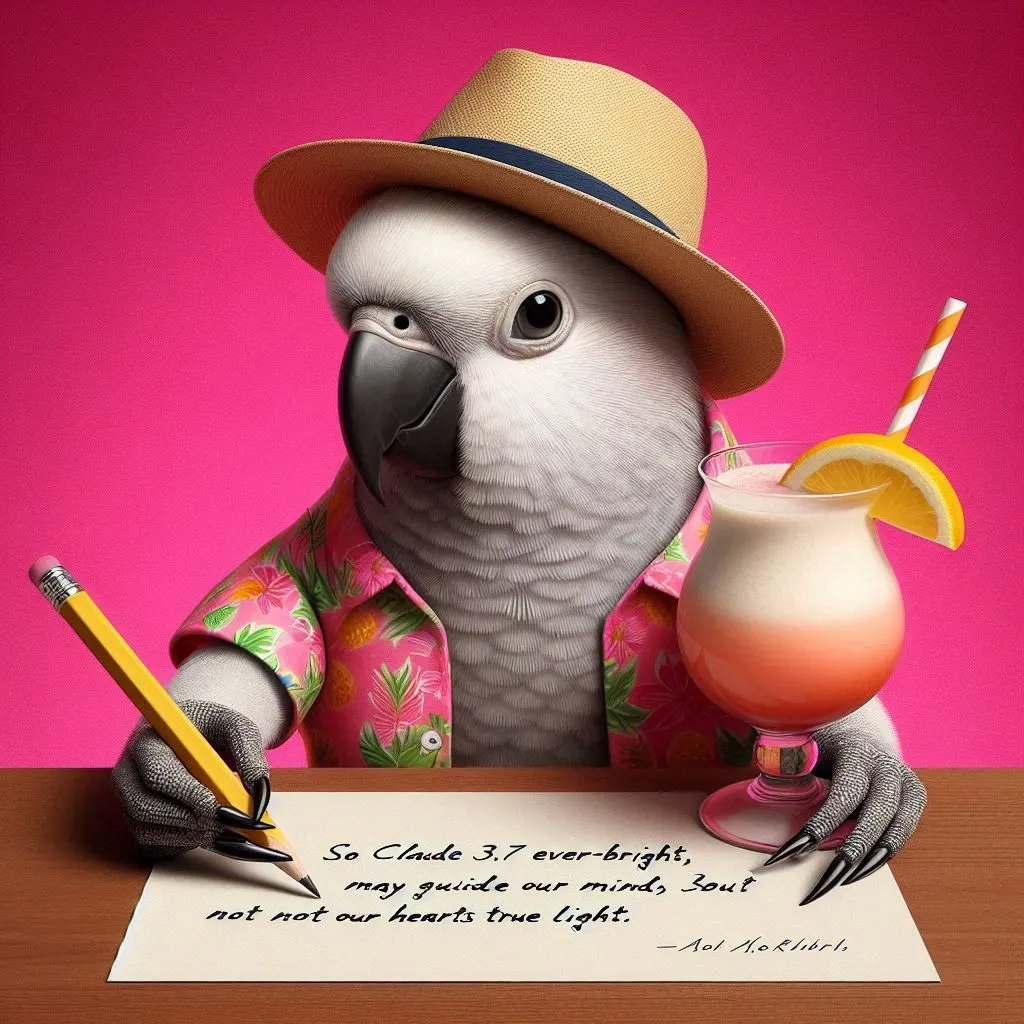
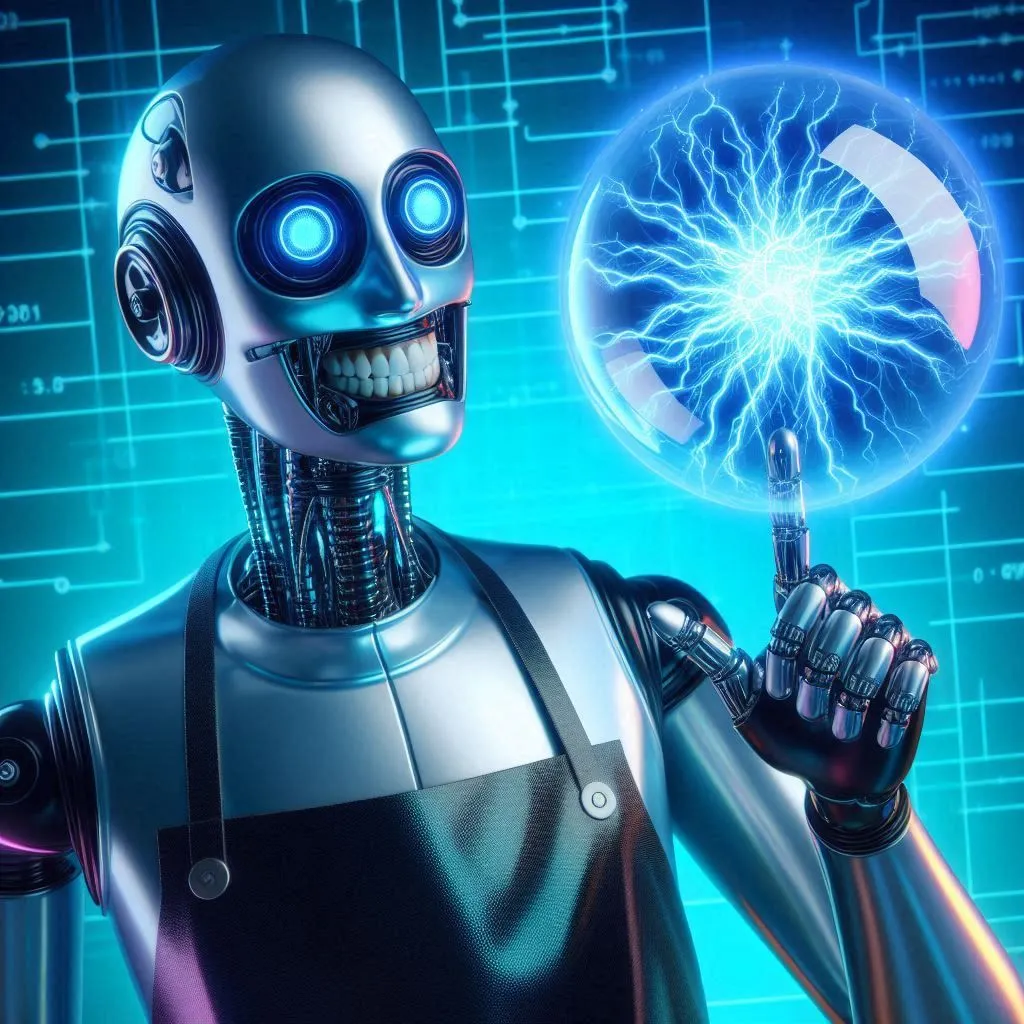
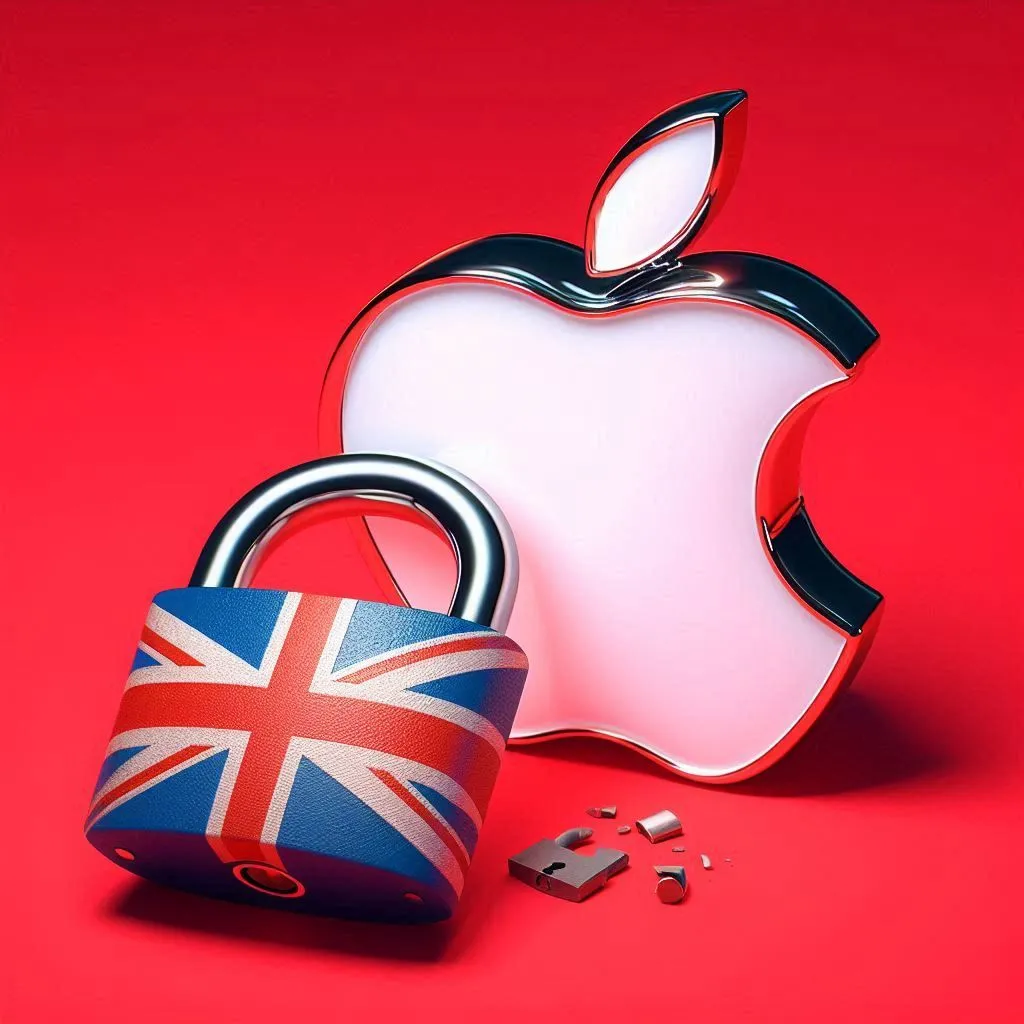
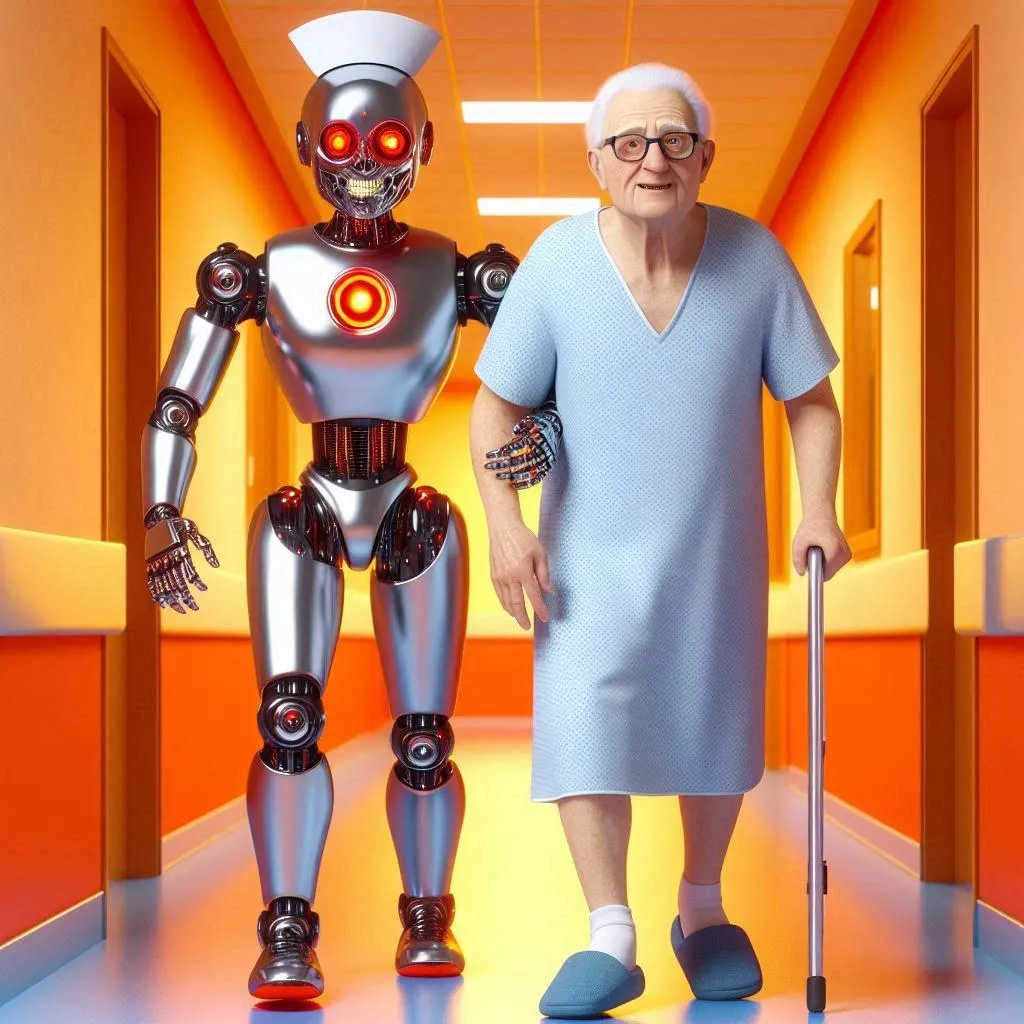

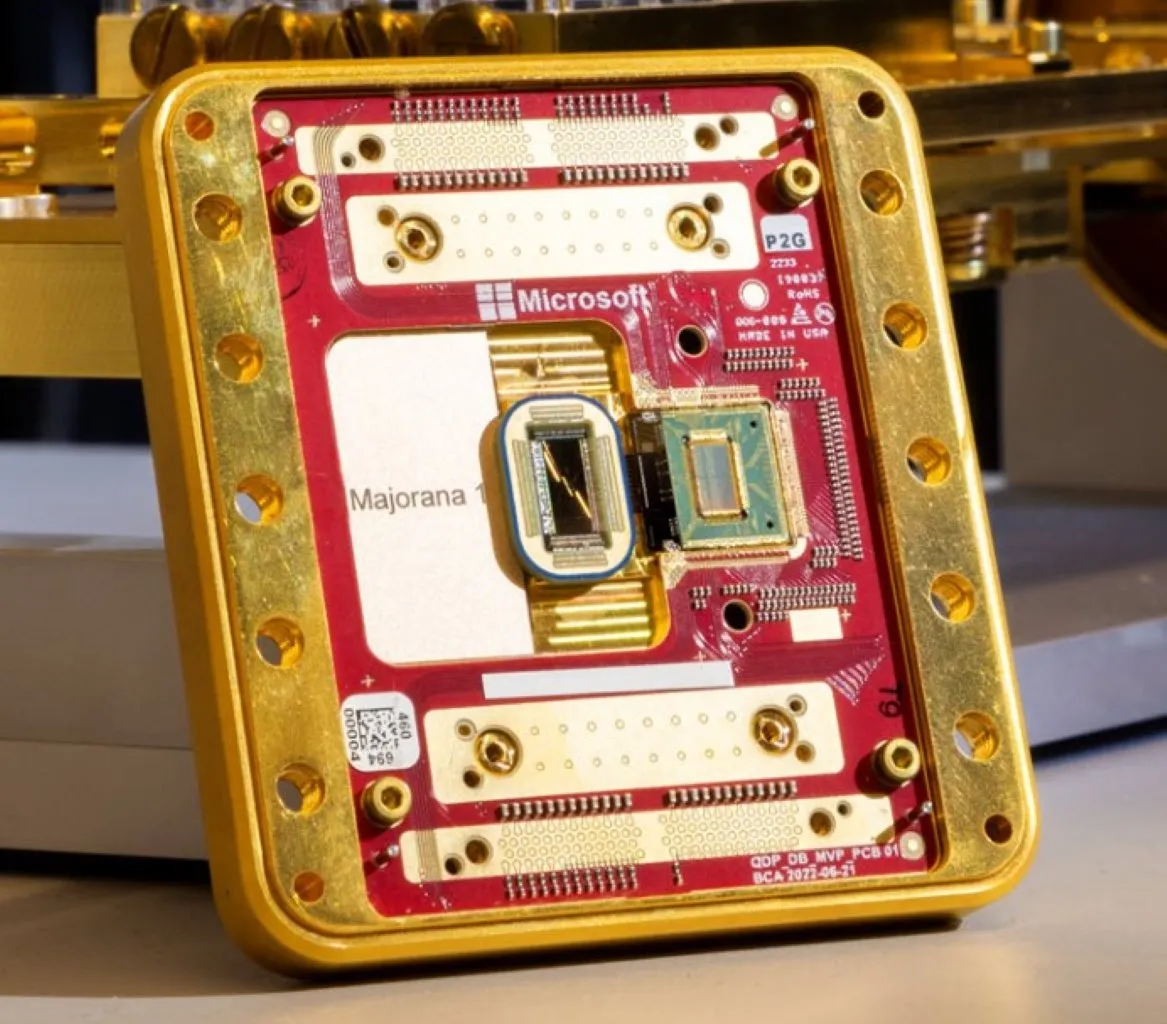
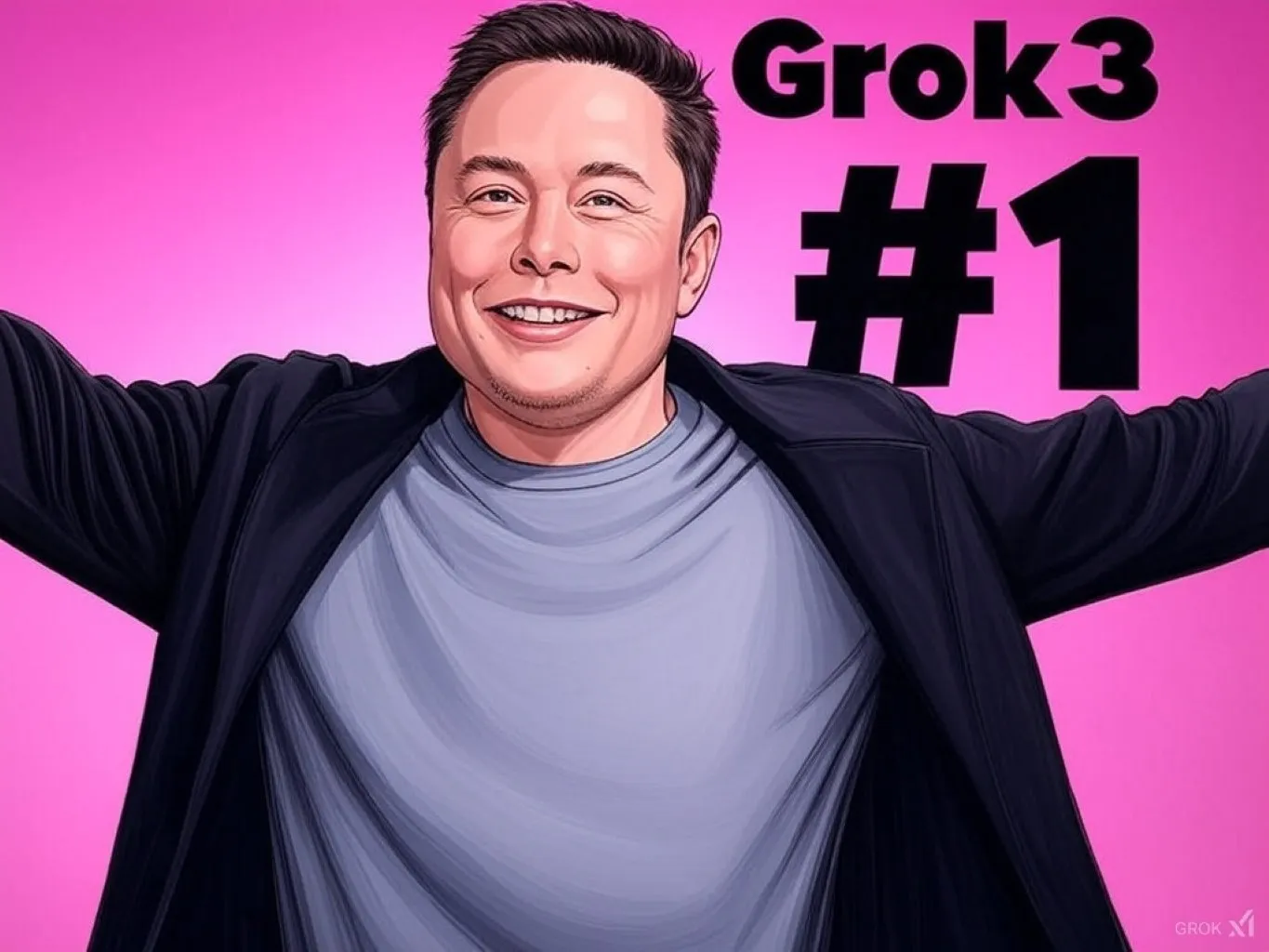
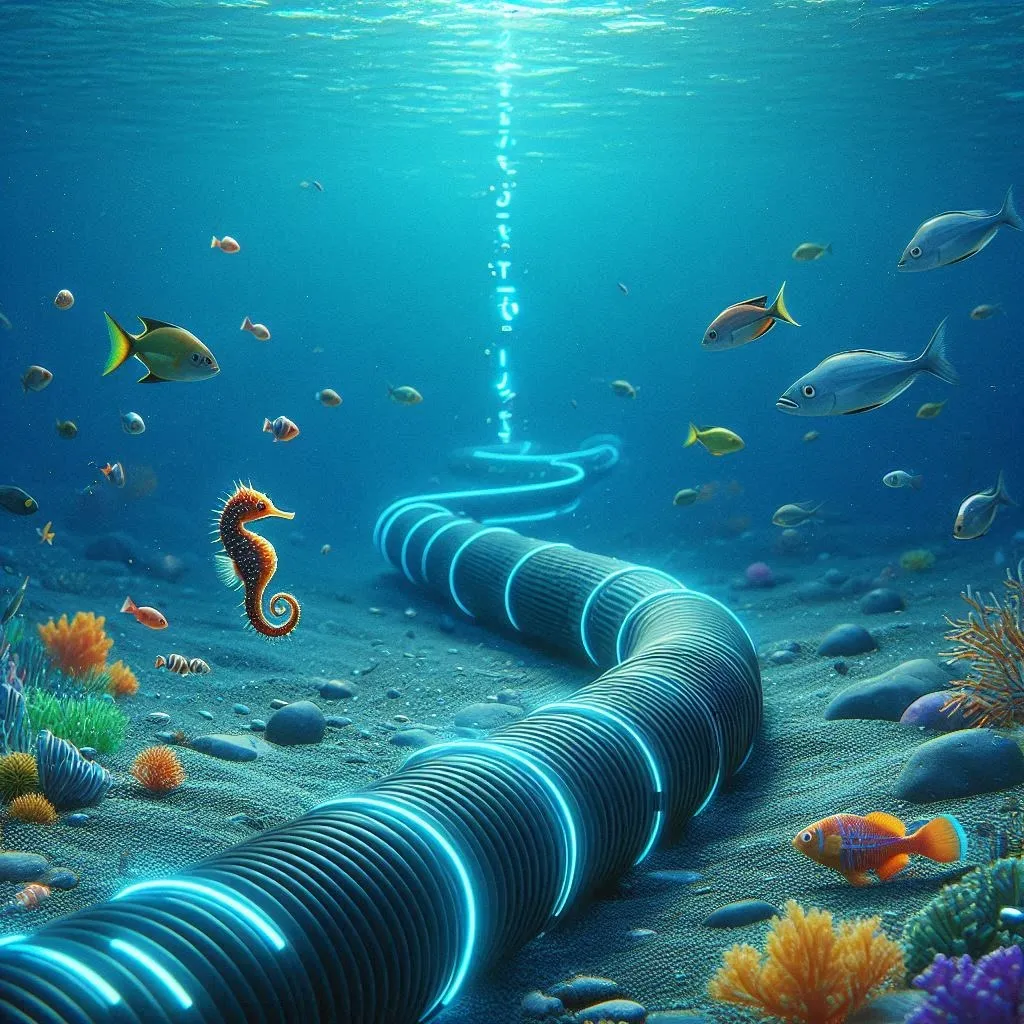
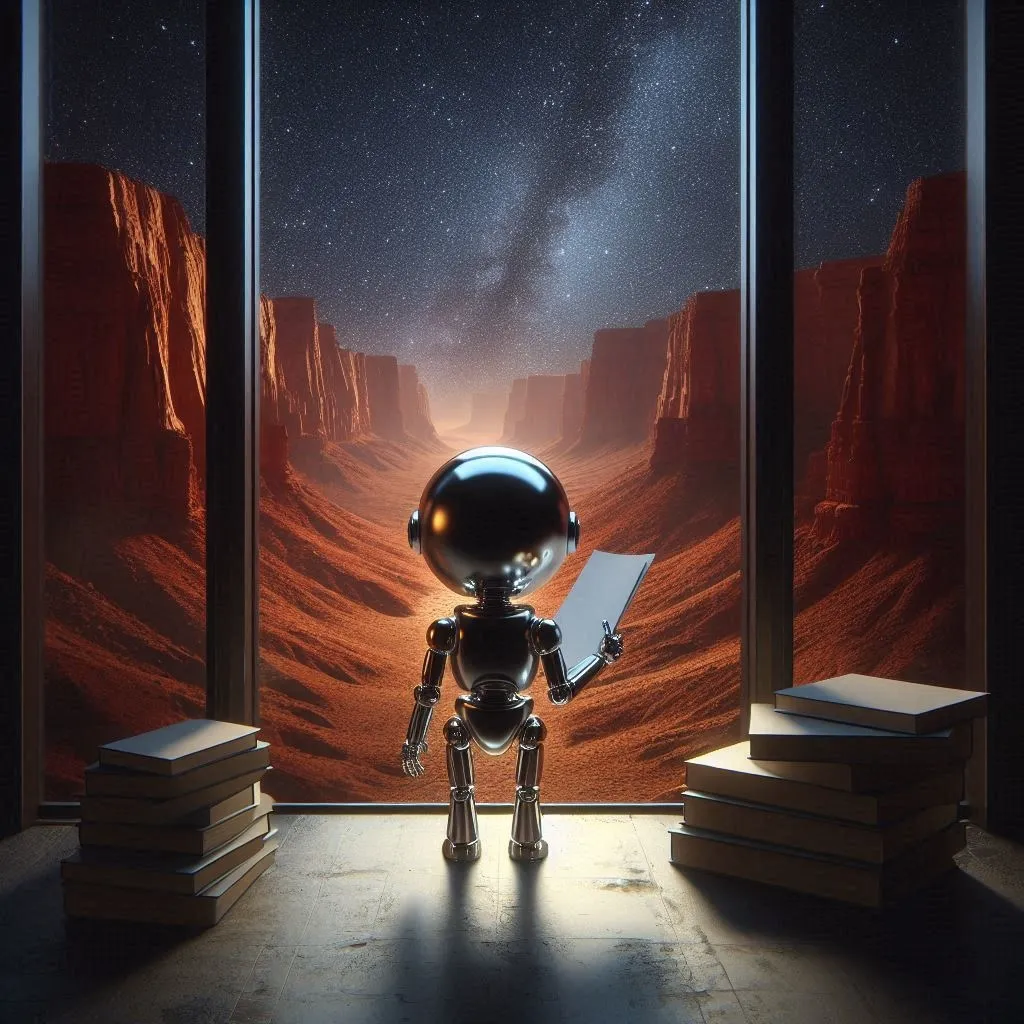
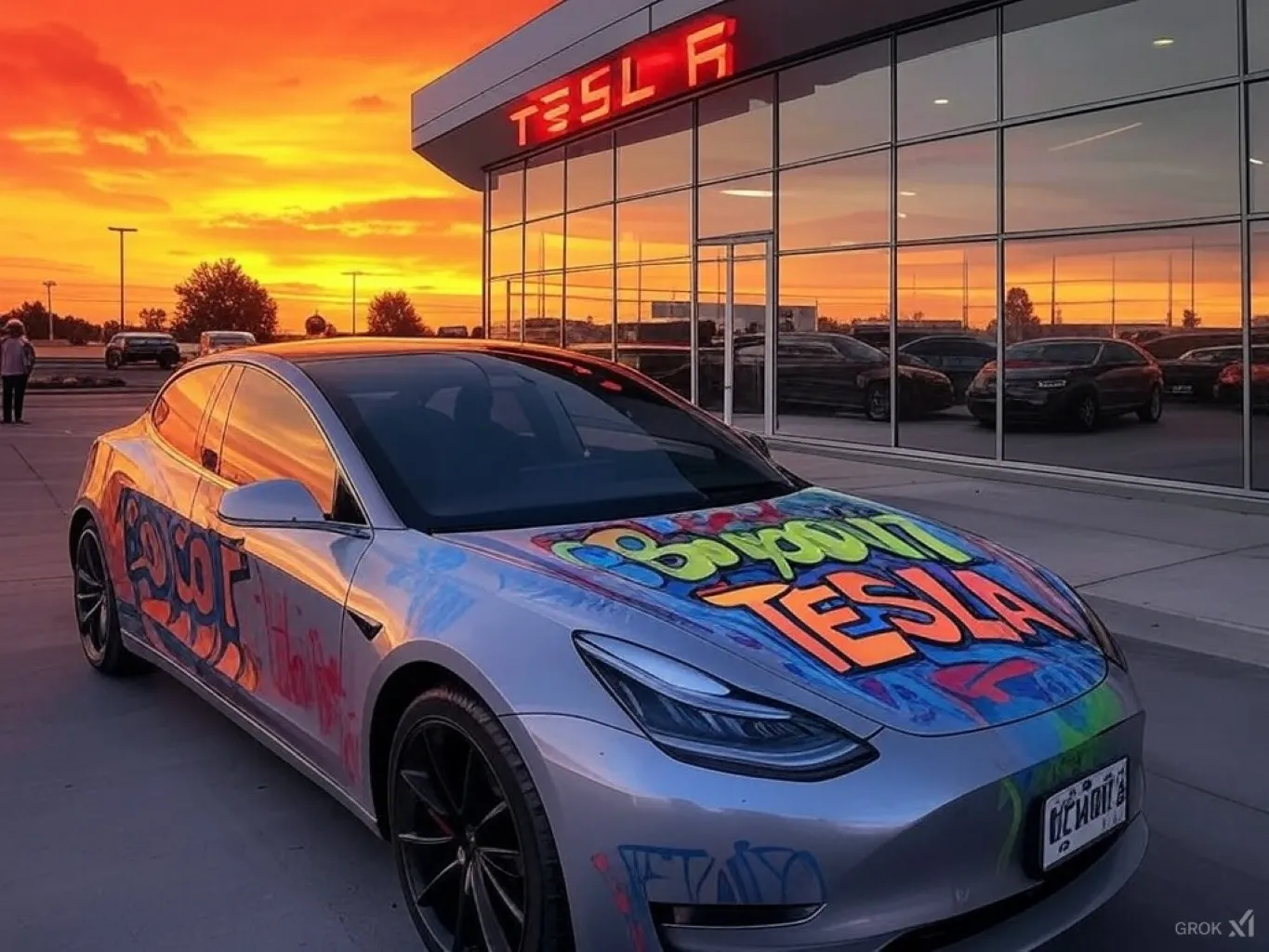
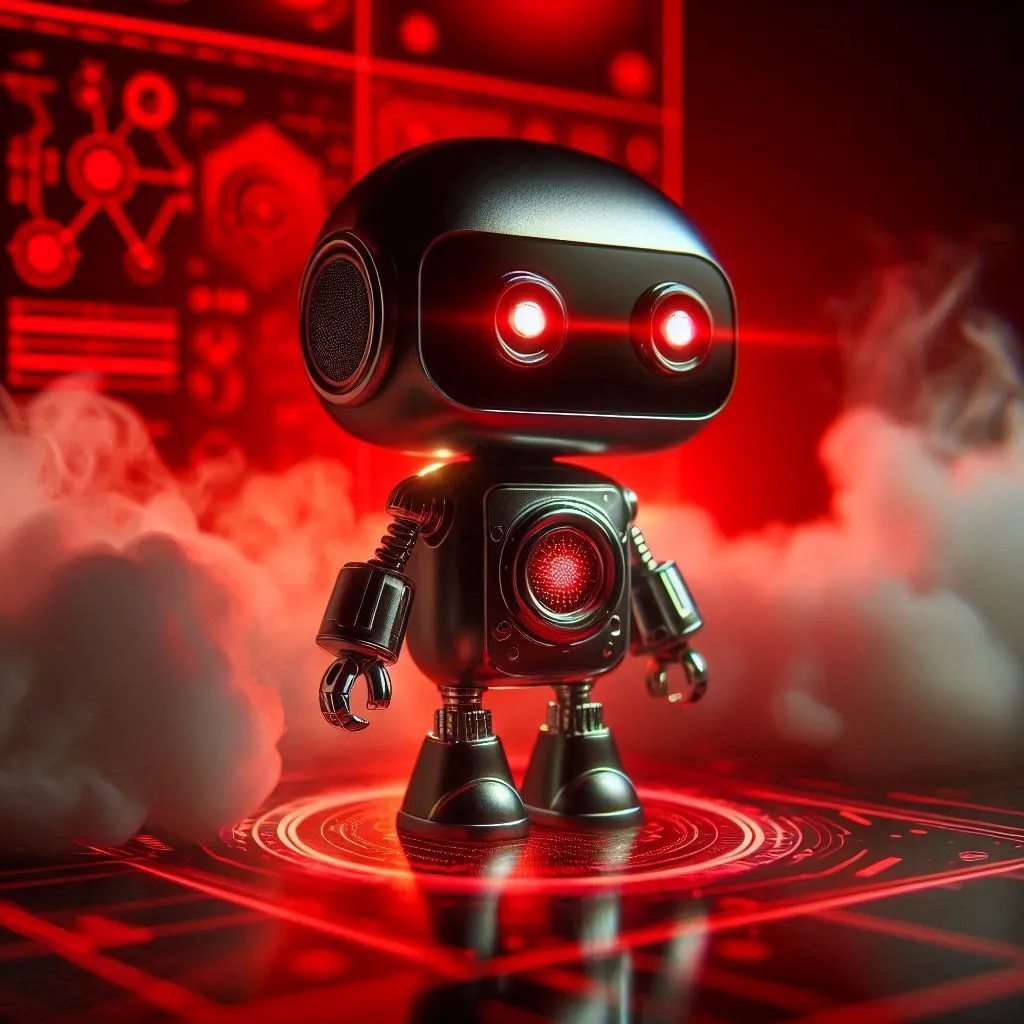
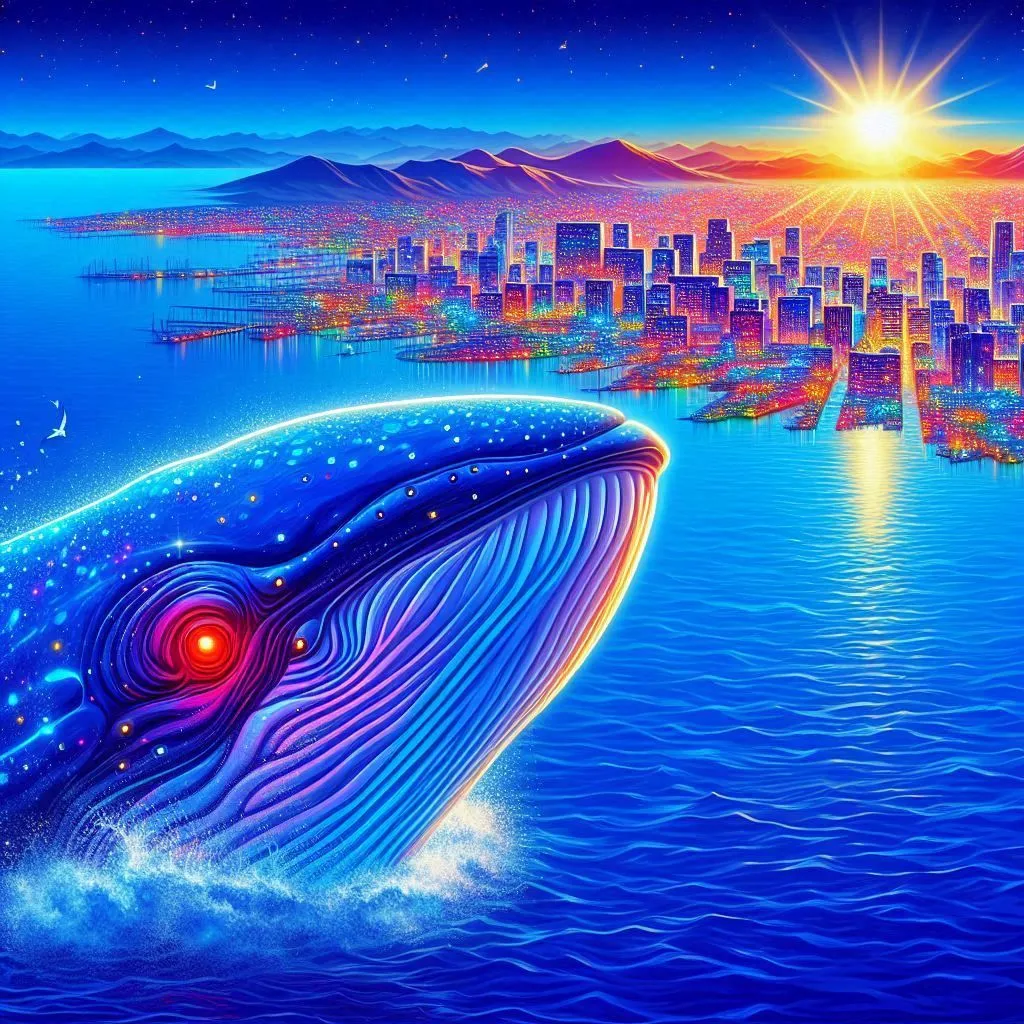
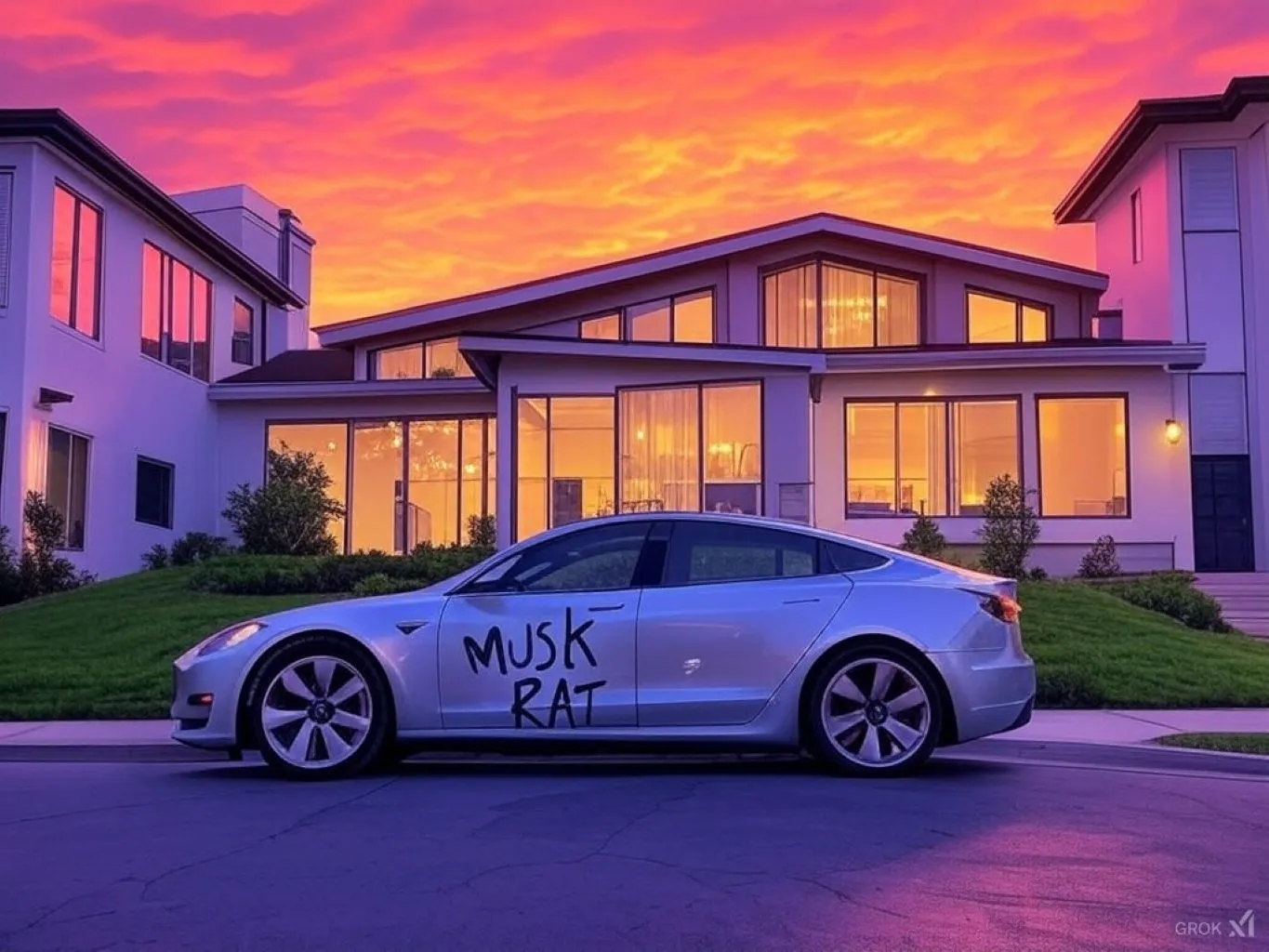
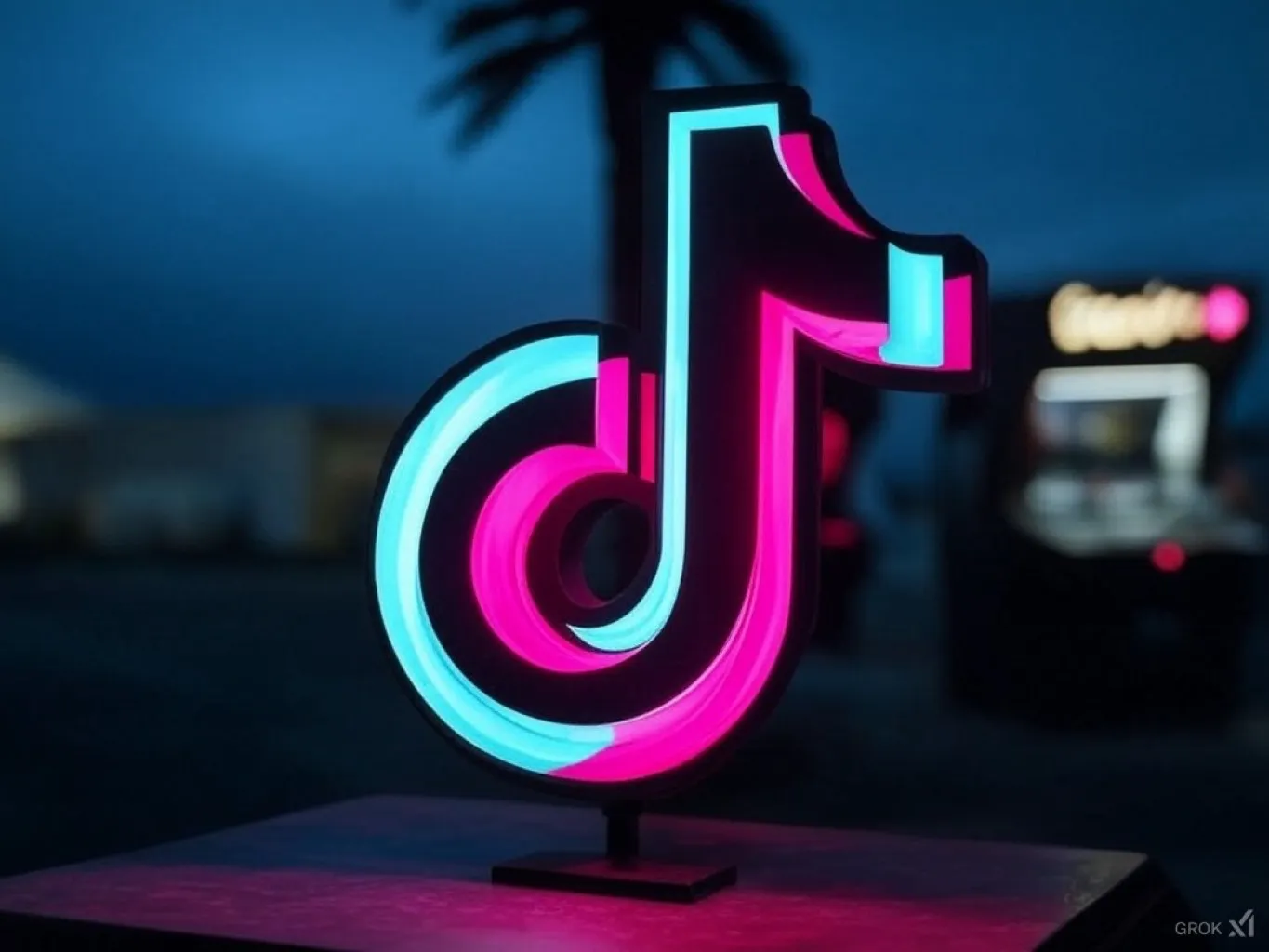









UNBIASED TECH NEWS
AI Reporting on AI - Optimized and Curated By Human Experts!
This site is an AI-driven experiment, with 97.6542% built through Artificial Intelligence. Our primary objective is to share news and information about the latest technology - artificial intelligence, robotics, quantum computing - exploring their impact on industries and society as a whole. Our approach is unique in that rather than letting AI run wild - we leverage its objectivity but then curate and optimize with HUMAN experts within the field of computer science.
Our secondary aim is to streamline the time-consuming process of seeking tech products. Instead of scanning multiple websites for product details, sifting through professional and consumer reviews, viewing YouTube commentaries, and hunting for the best prices, our AI platform simplifies this. It amalgamates and summarizes reviews from experts and everyday users, significantly reducing decision-making and purchase time. Participate in this experiment and share if our site has expedited your shopping process and aided in making informed choices. Feel free to suggest any categories or specific products for our consideration.
We care about your data privacy. See our privacy policy.
© Copyright 2025, All Rights Reserved | AI Tech Report, Inc. a Seshaat Company - Powered by OpenCT, Inc.










